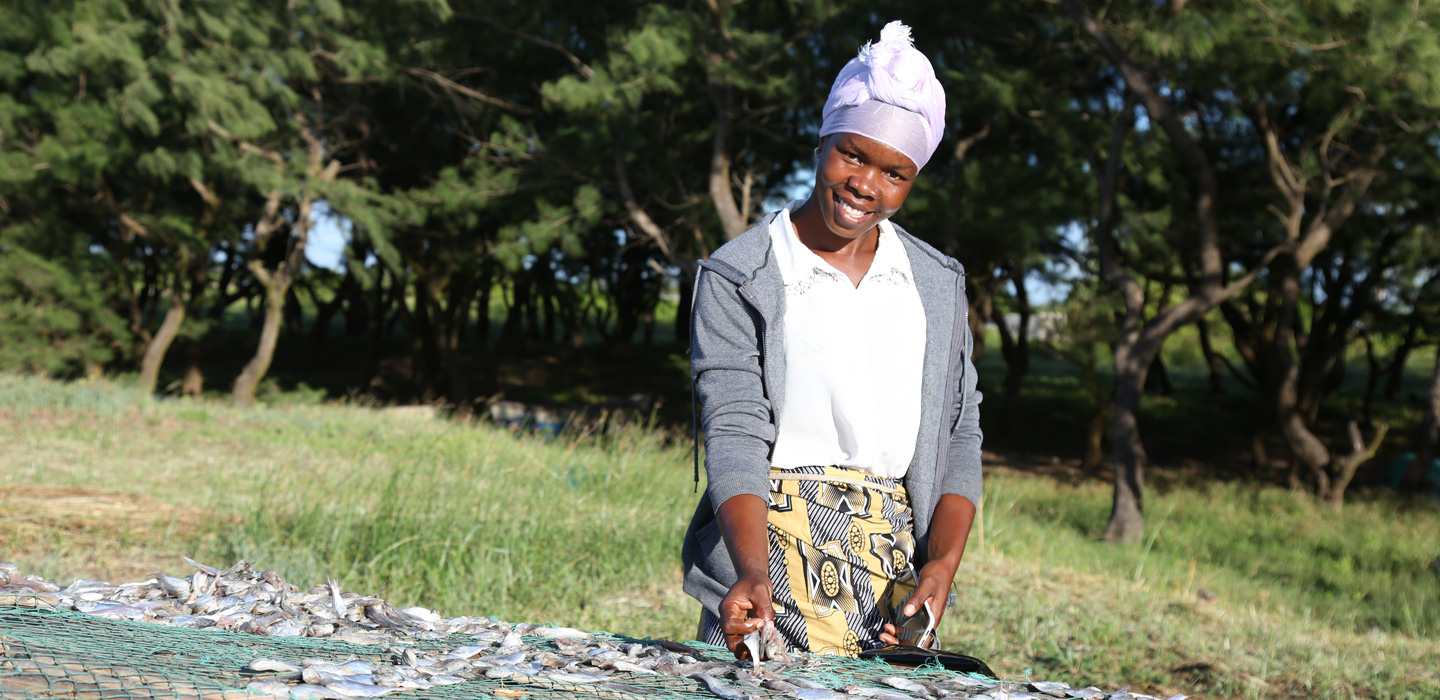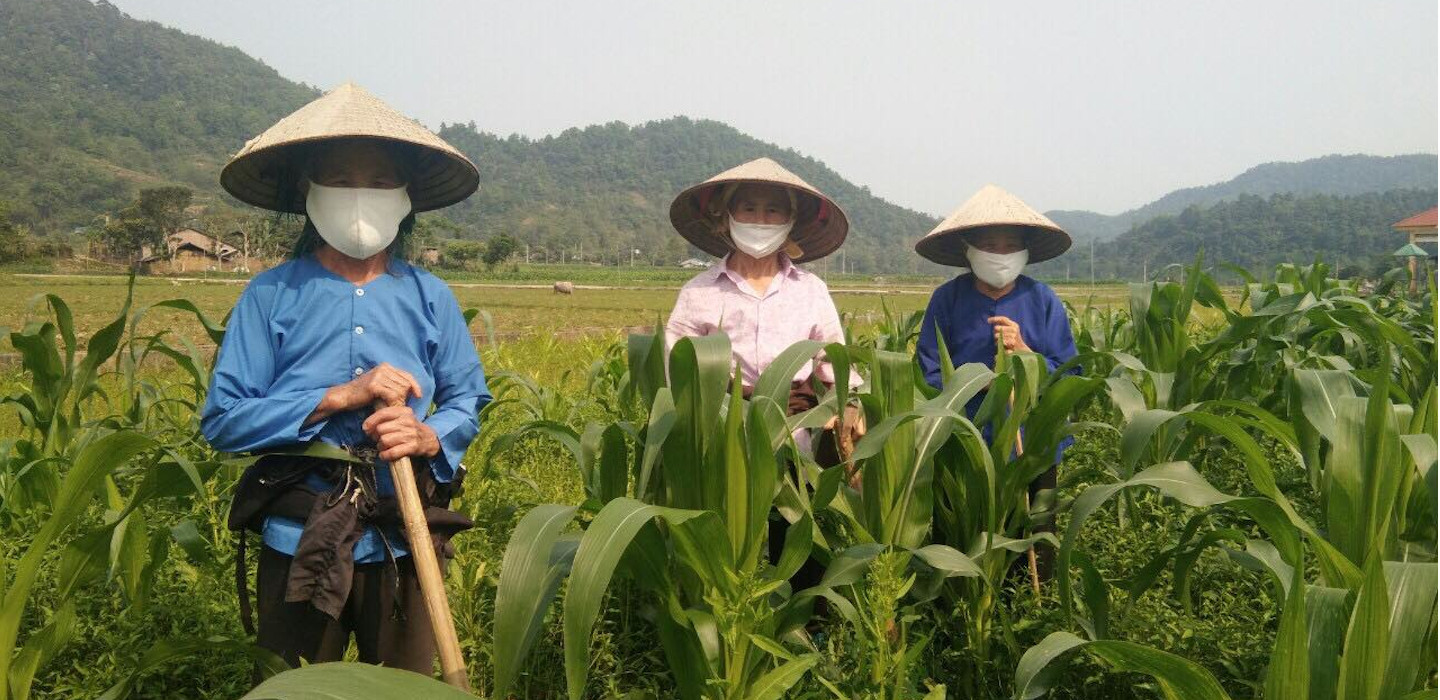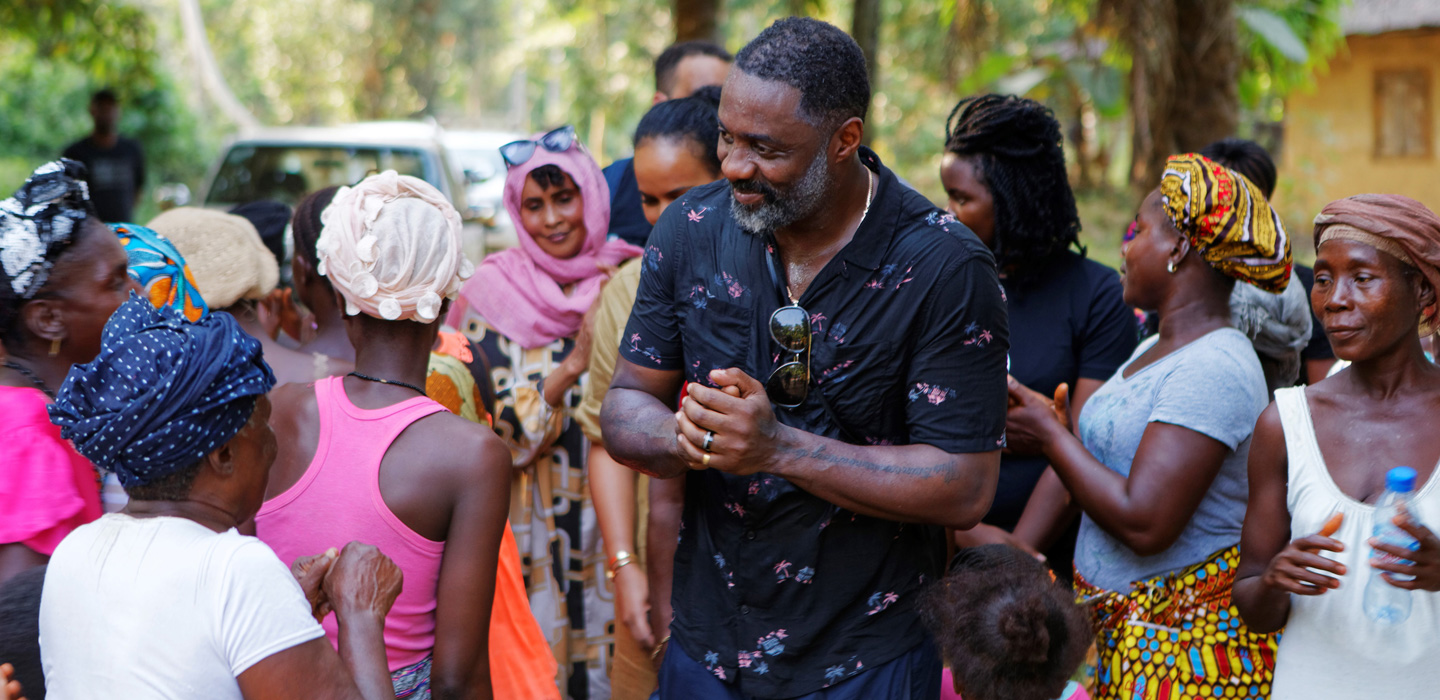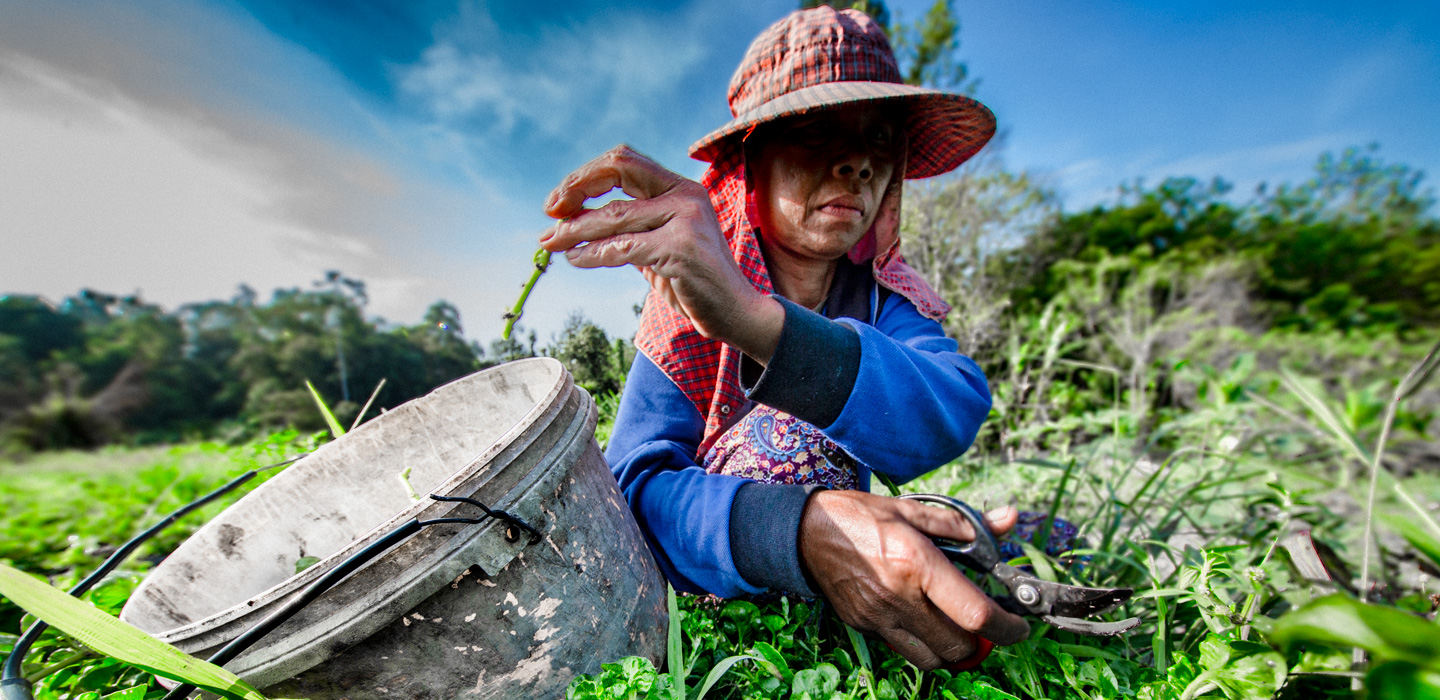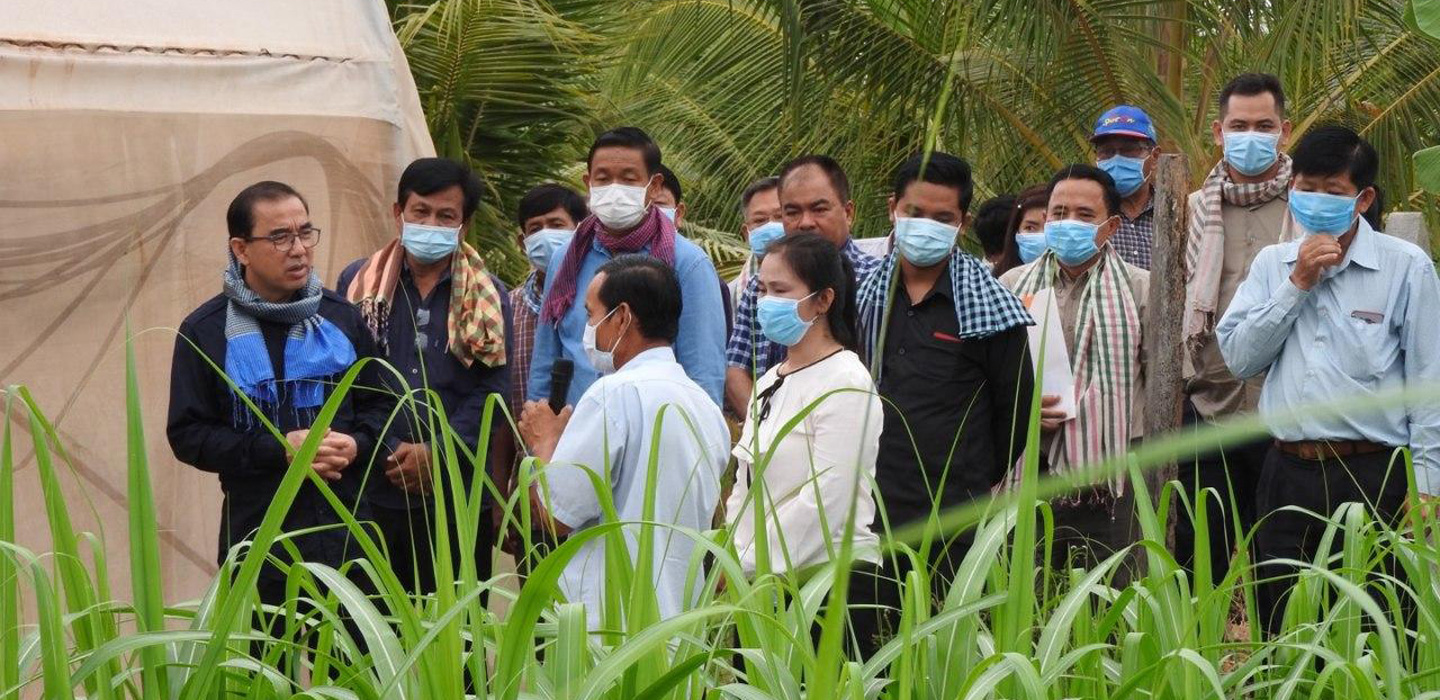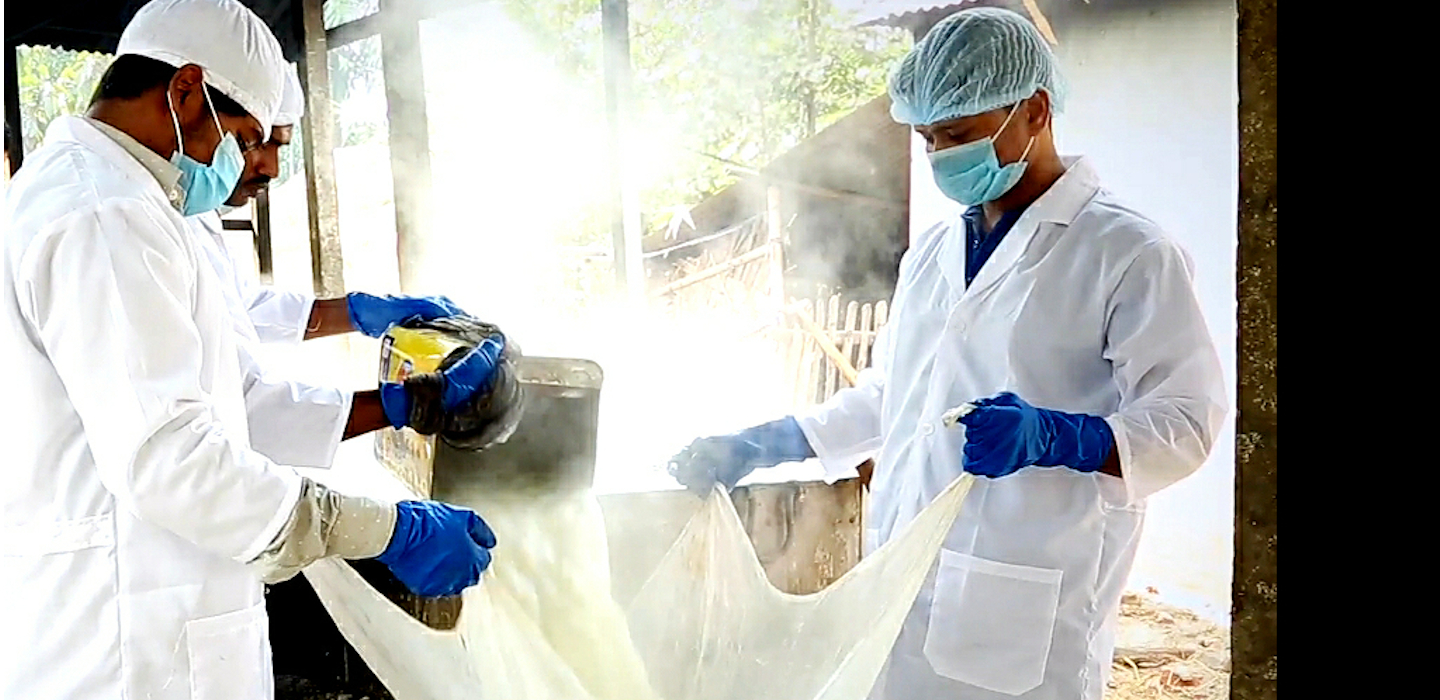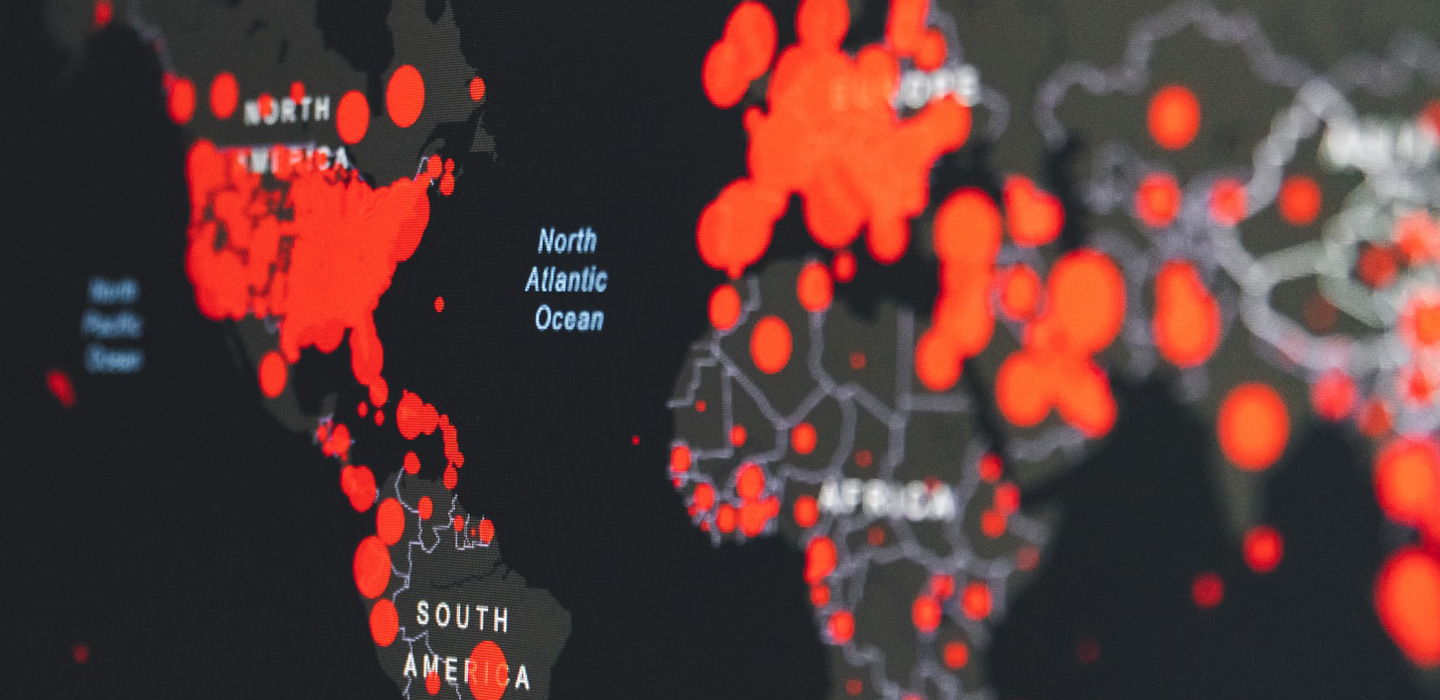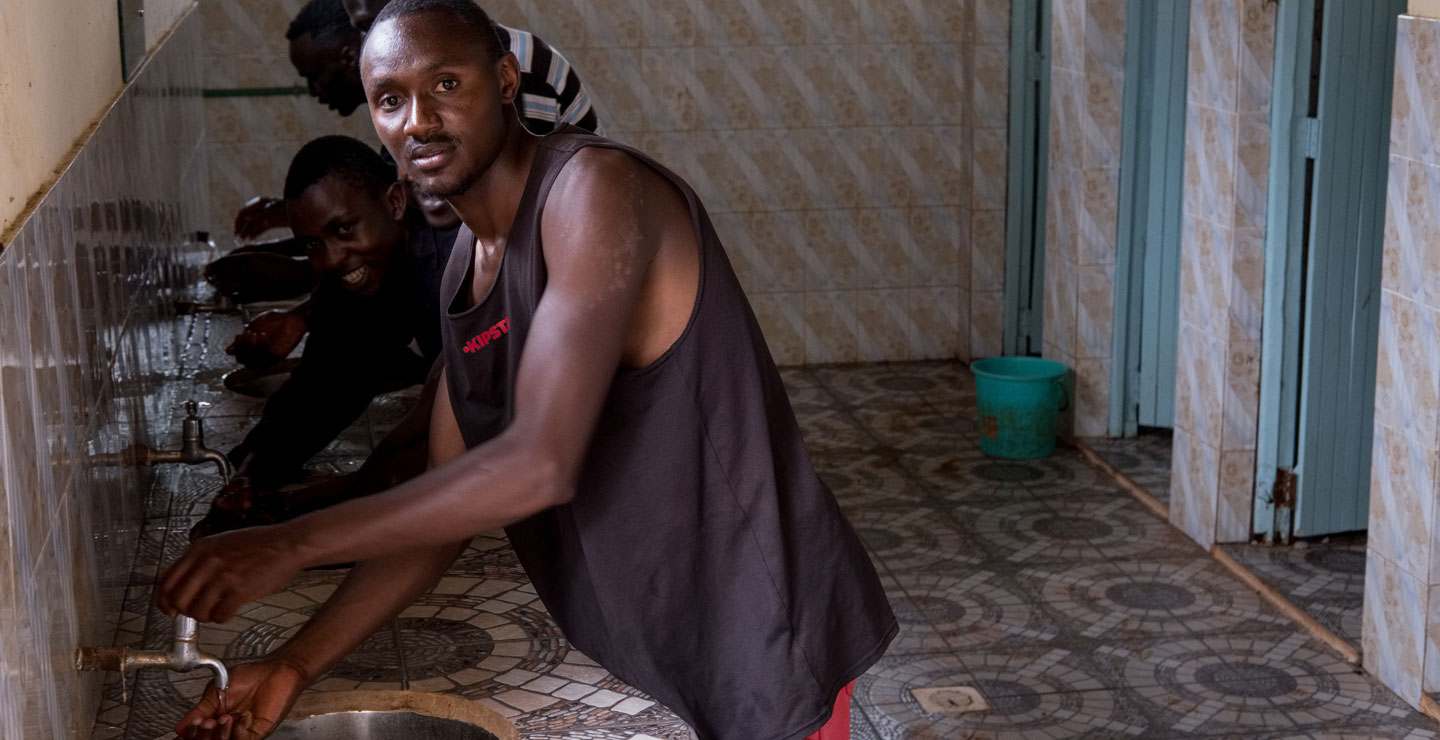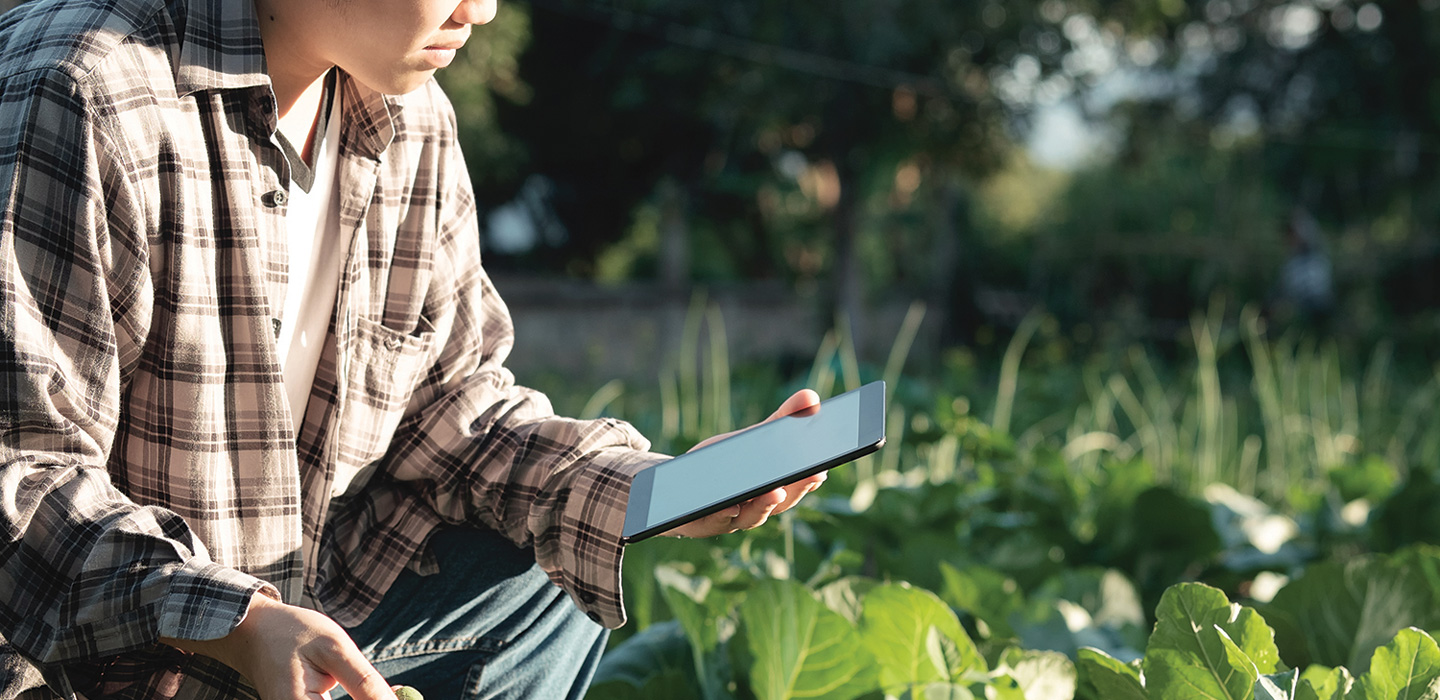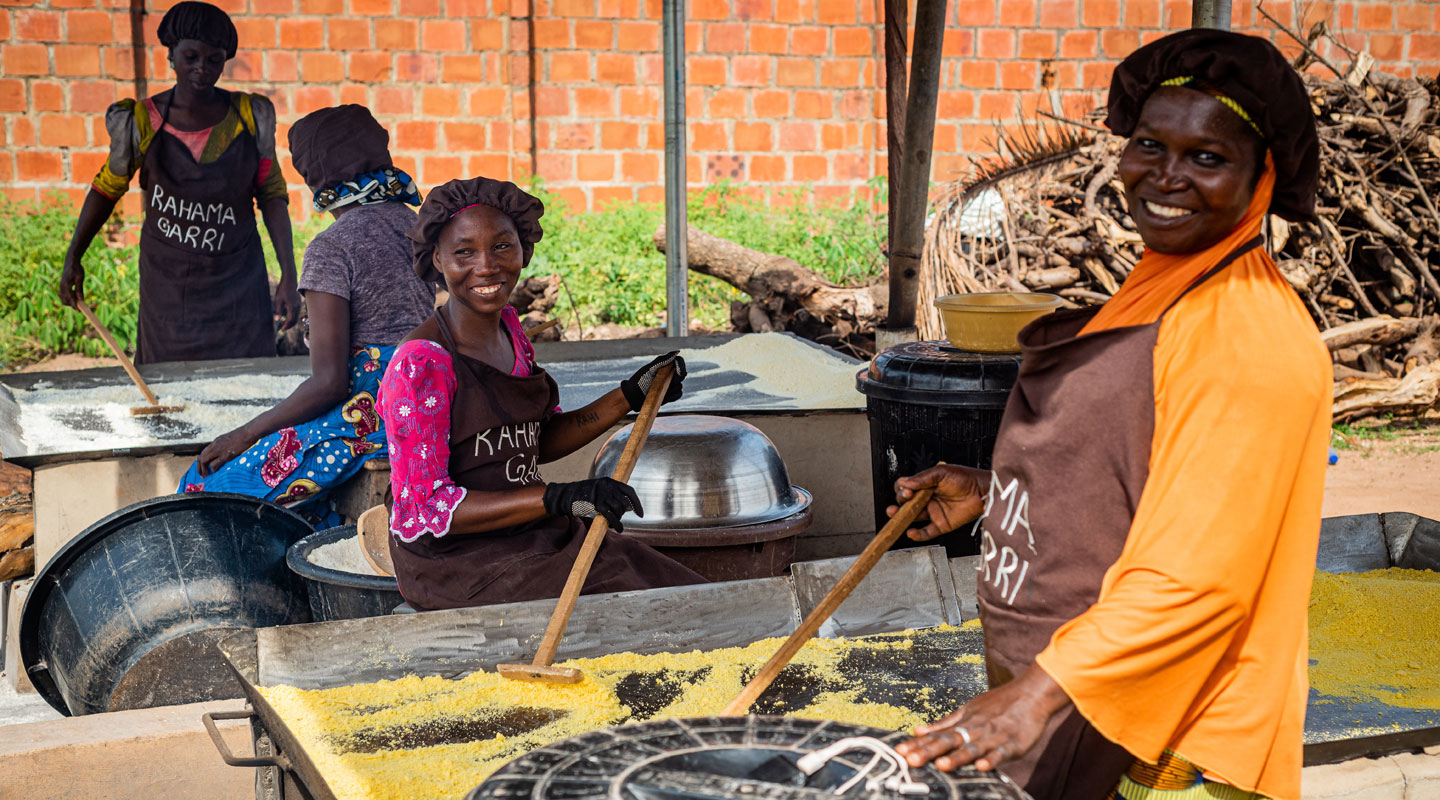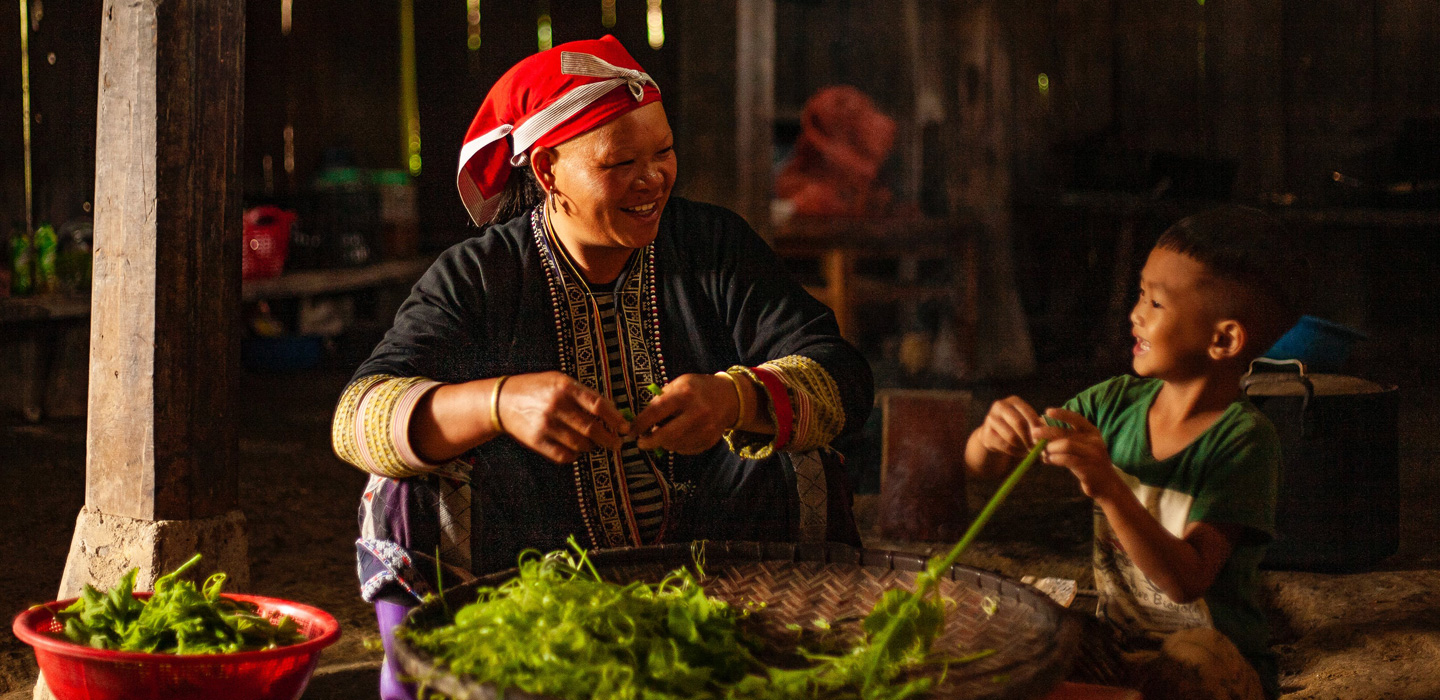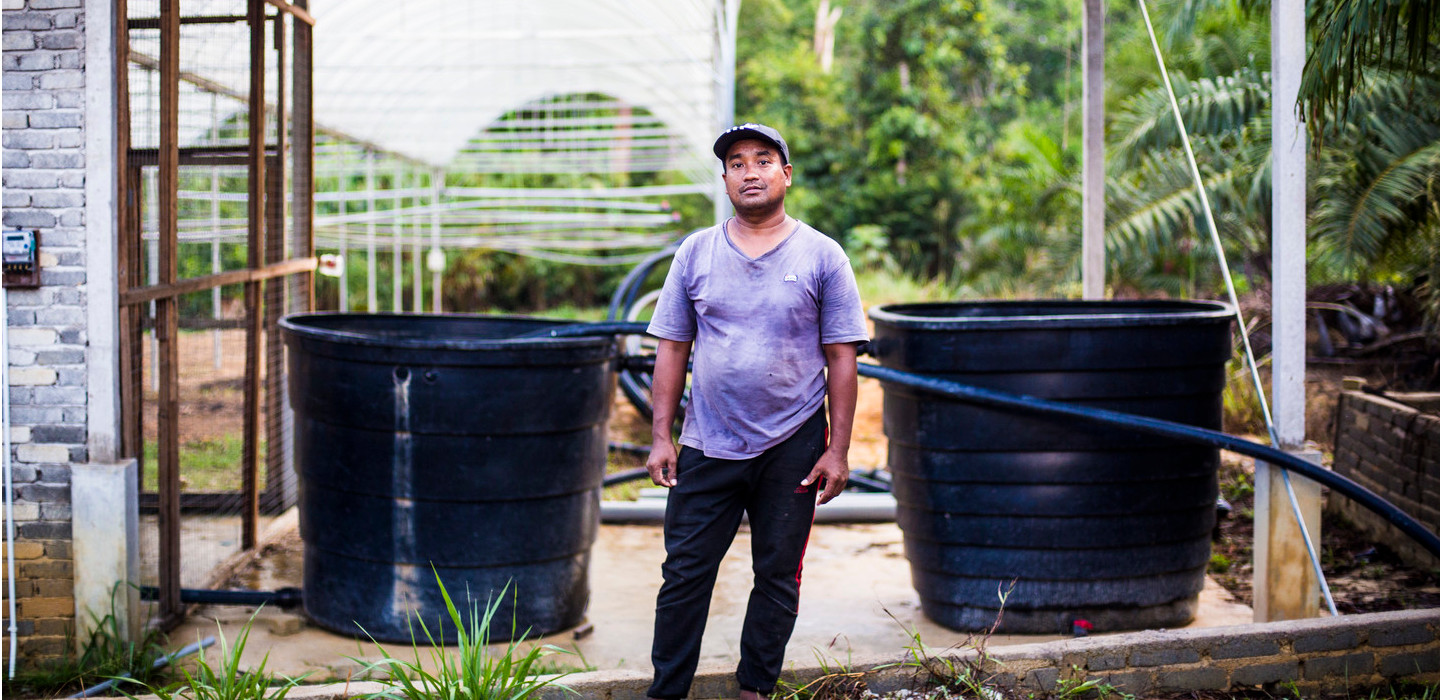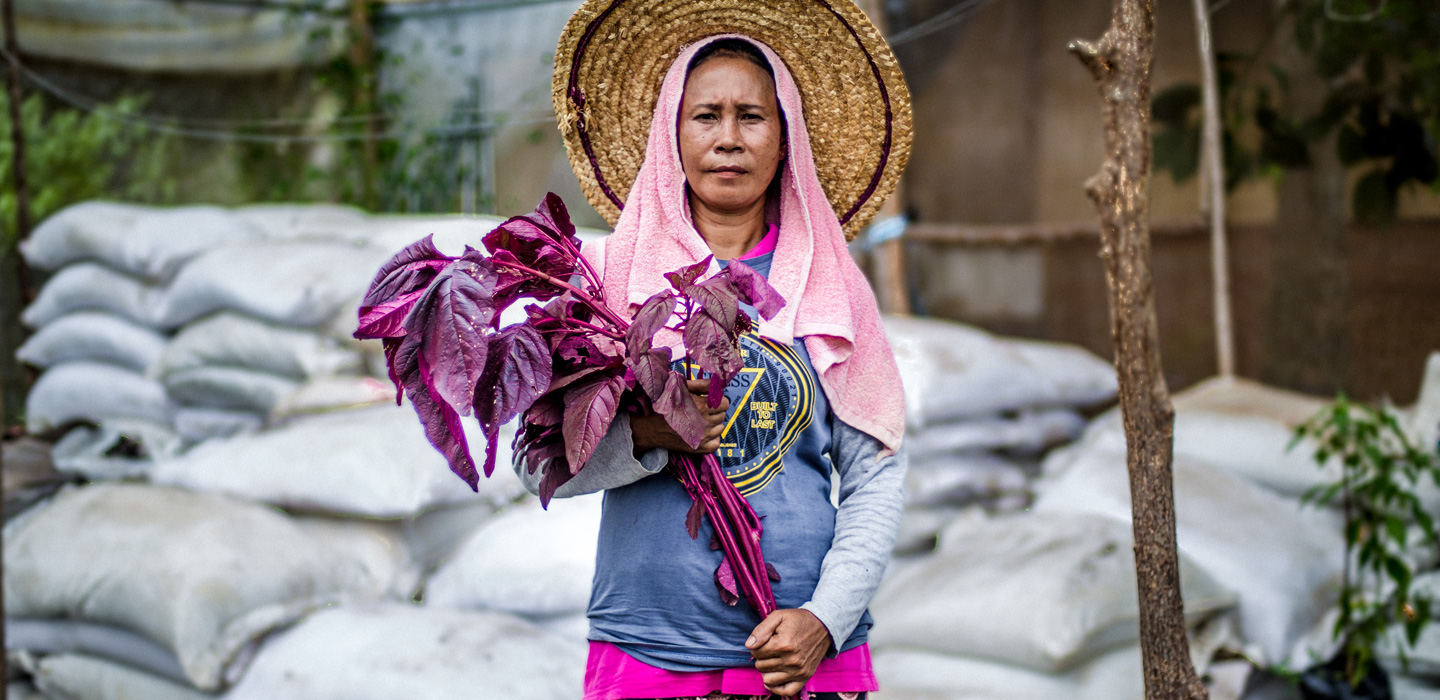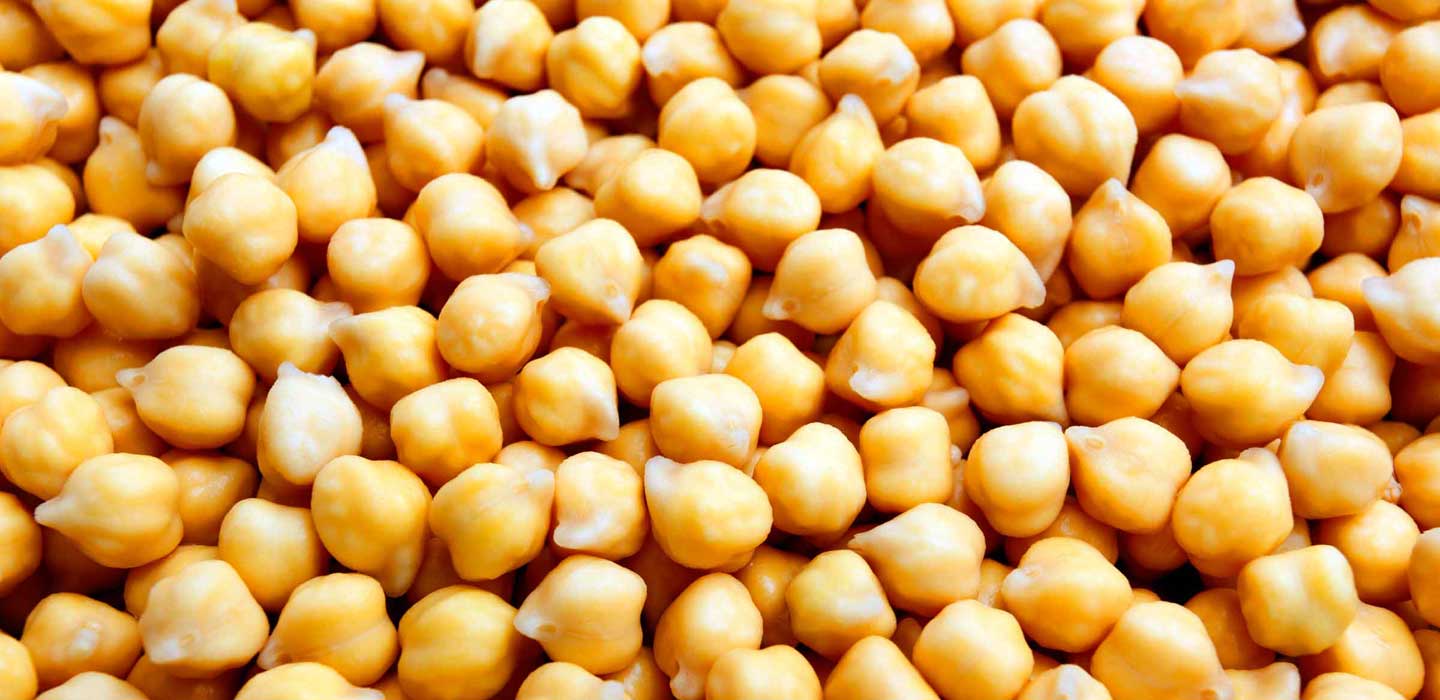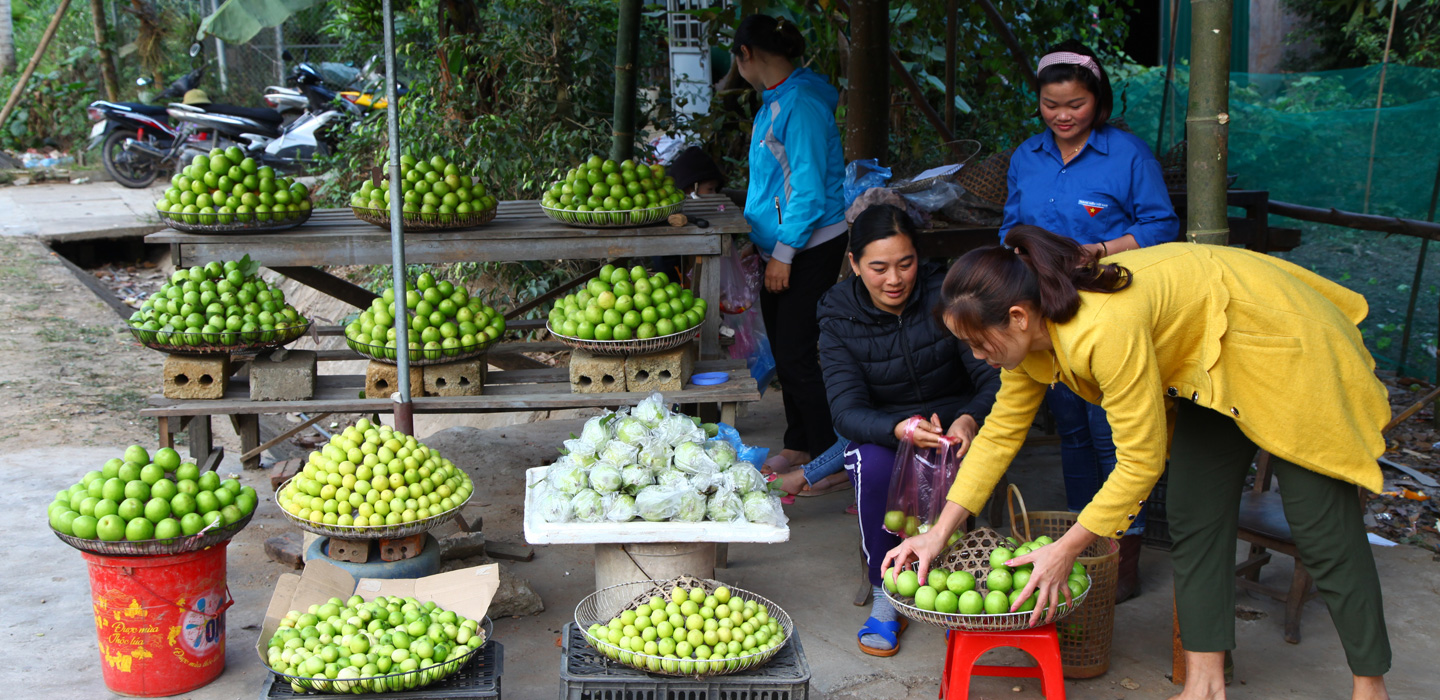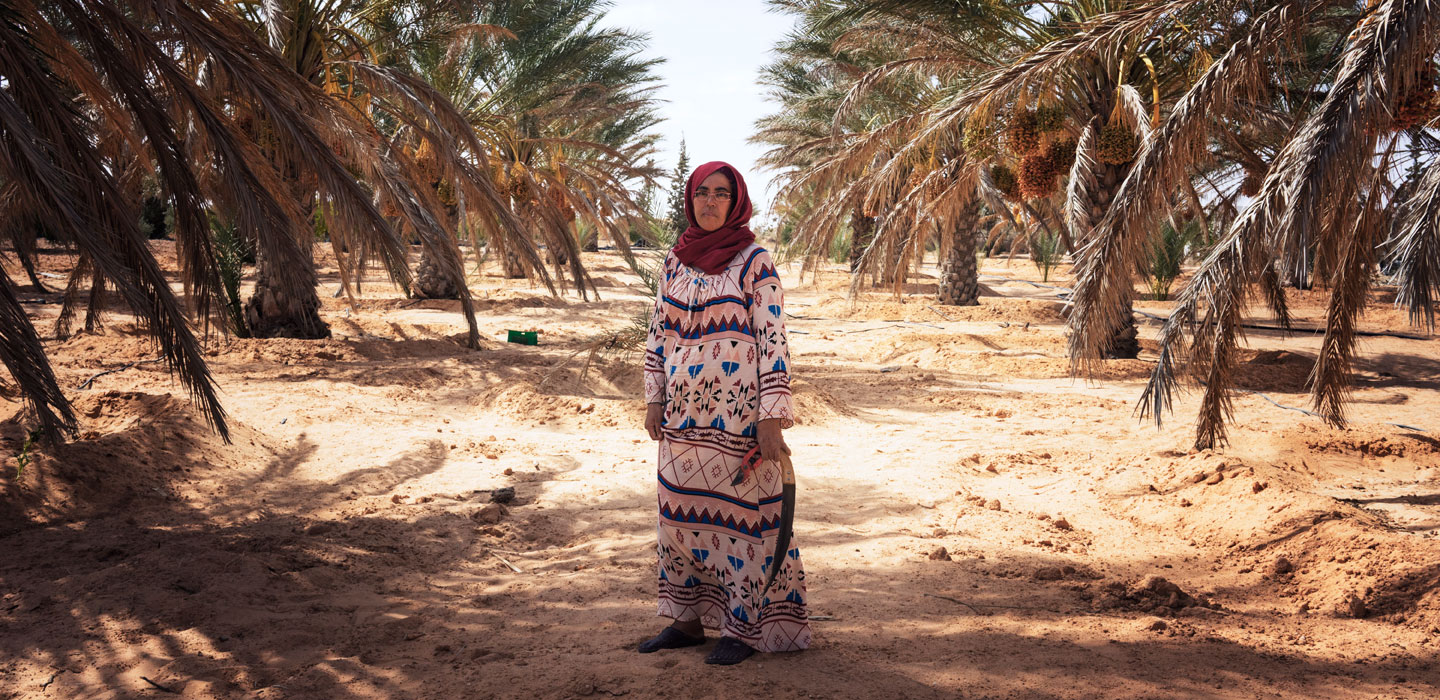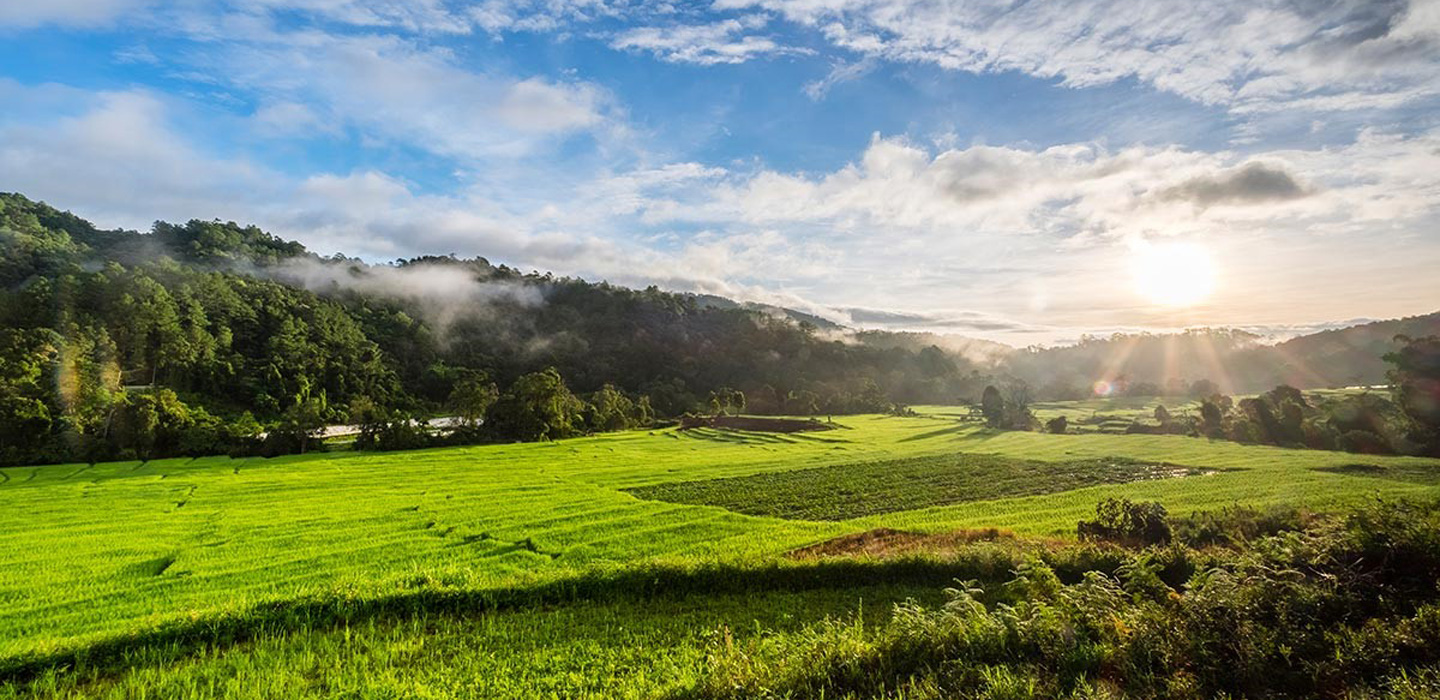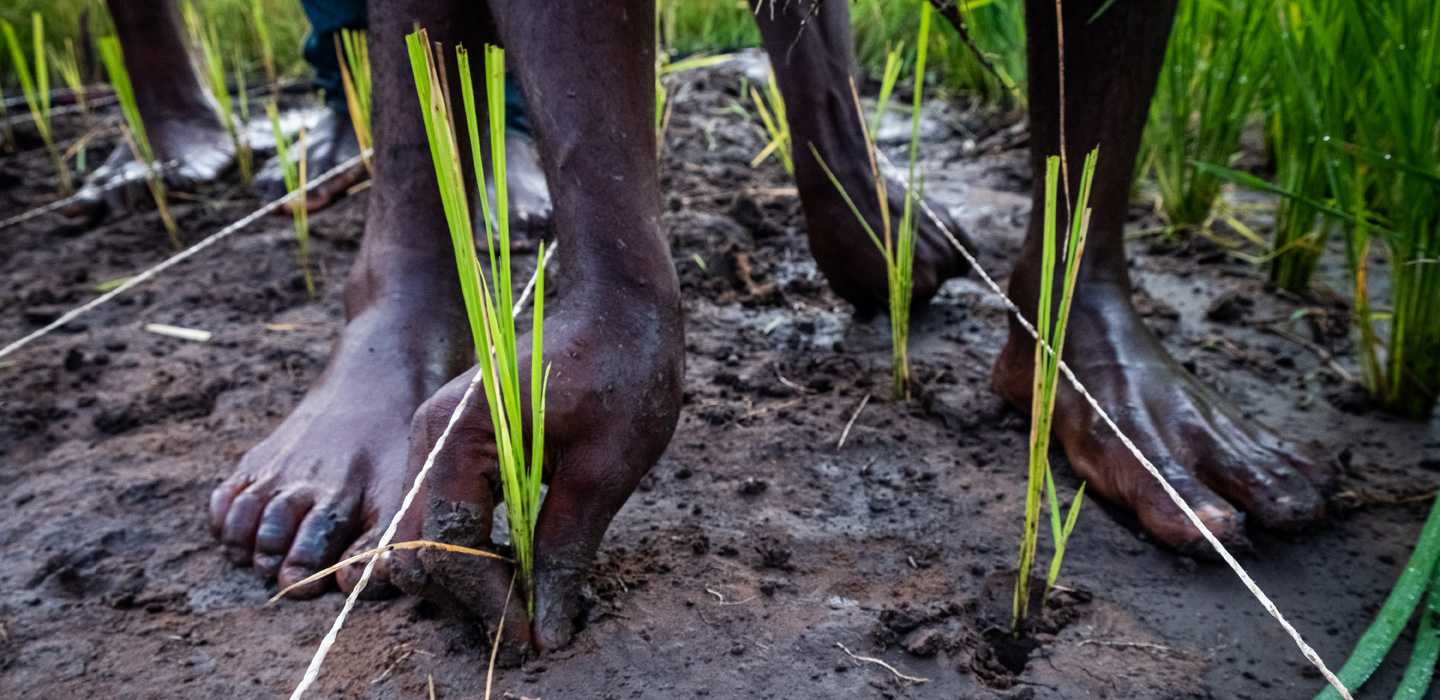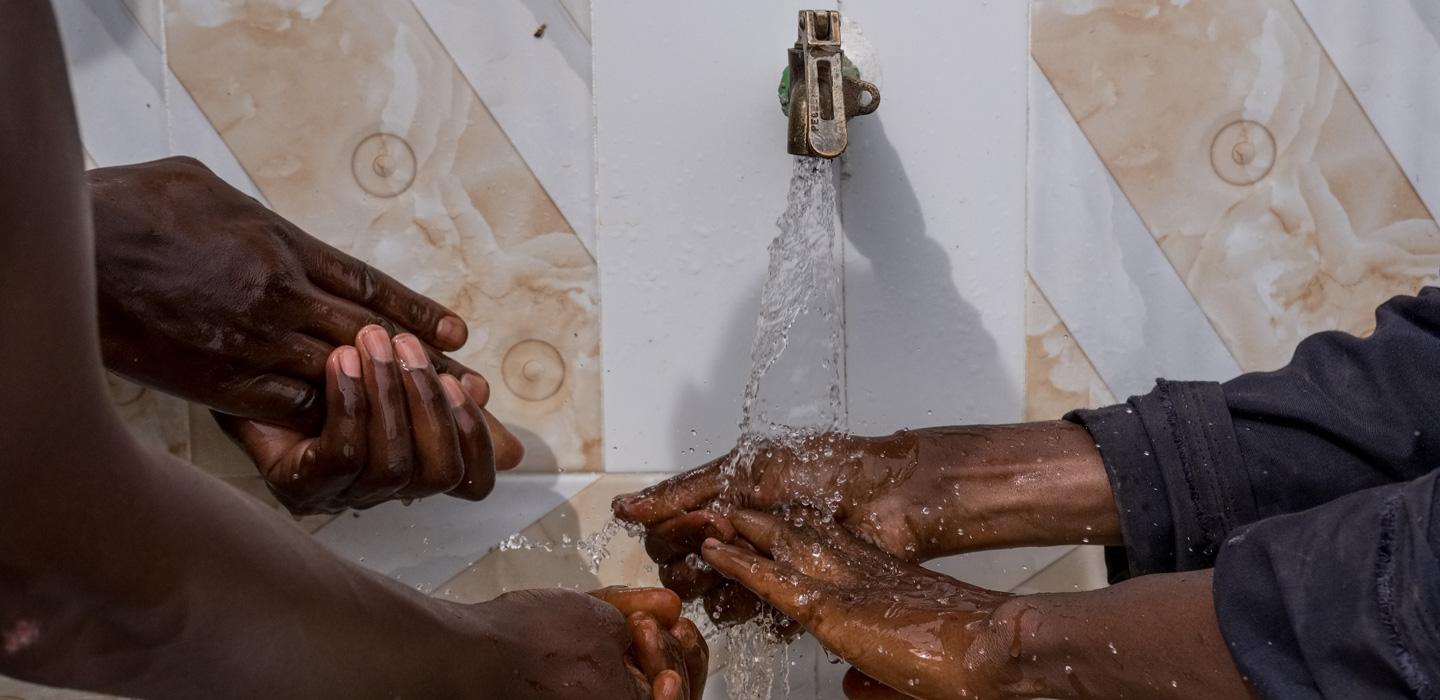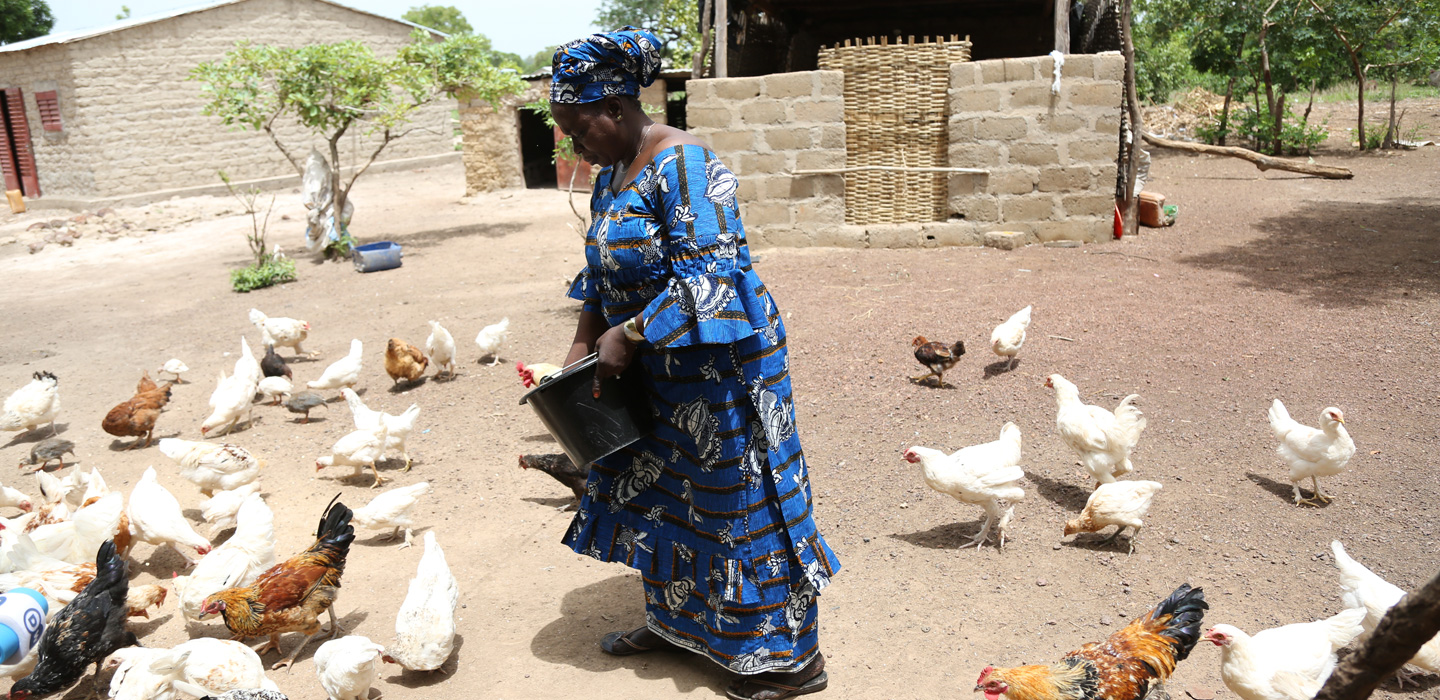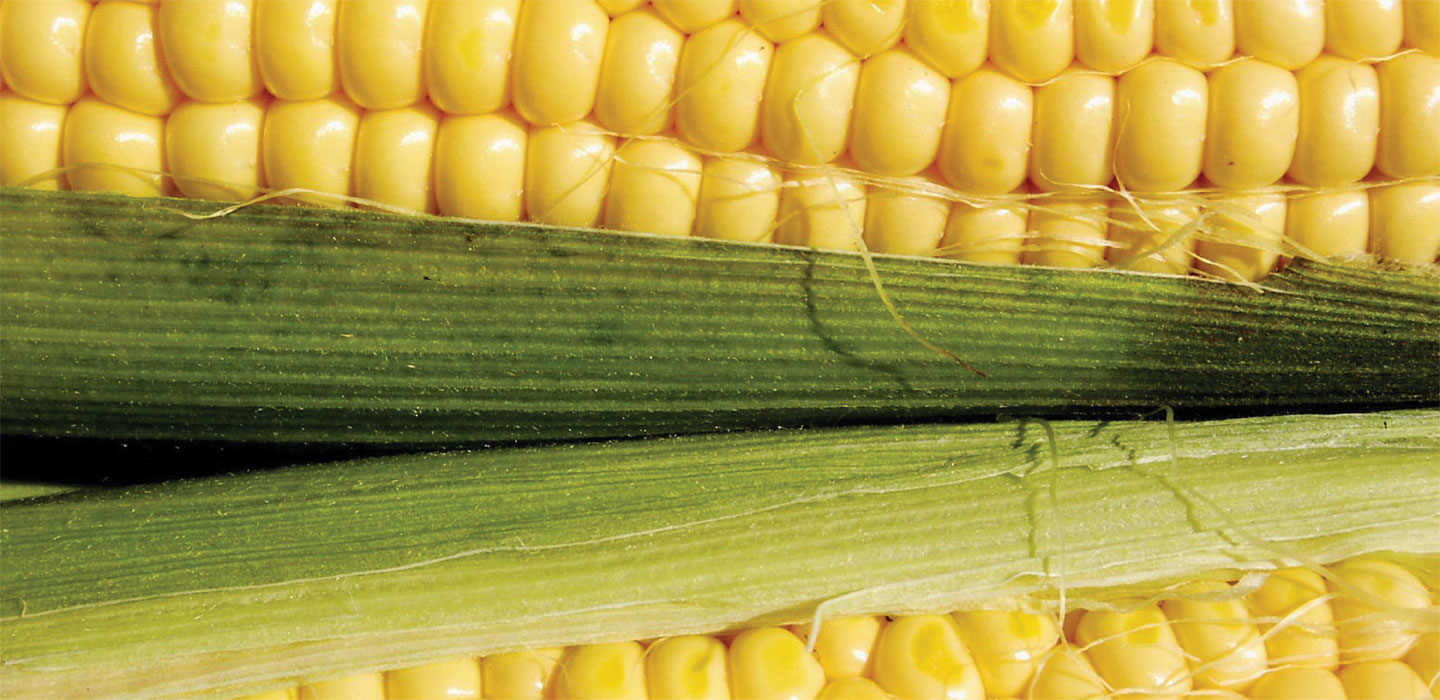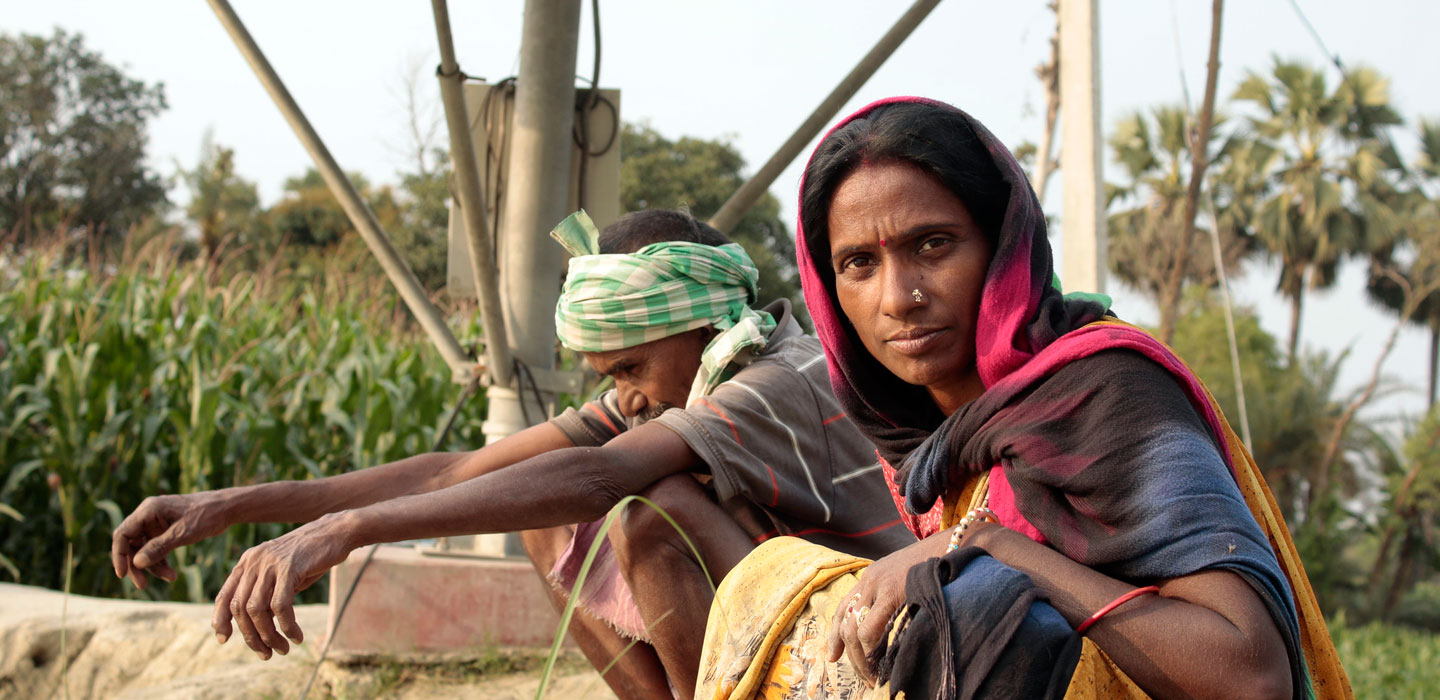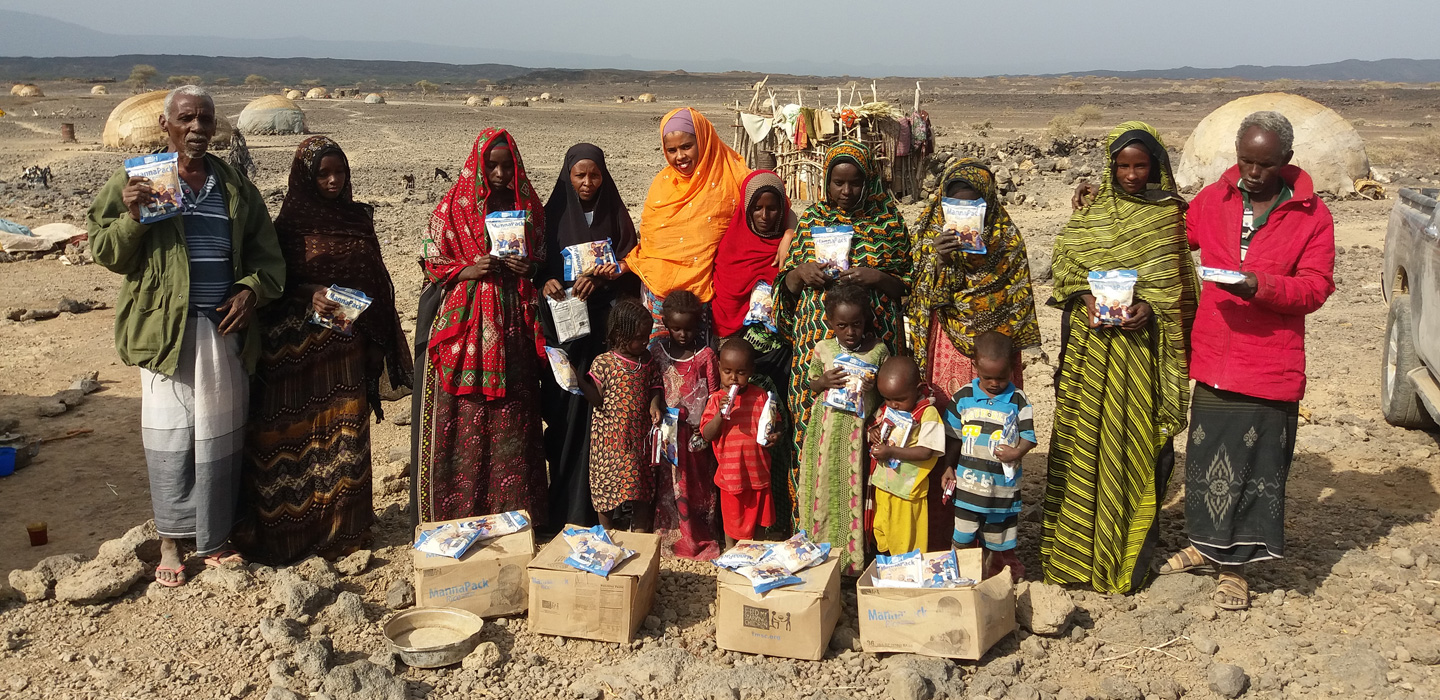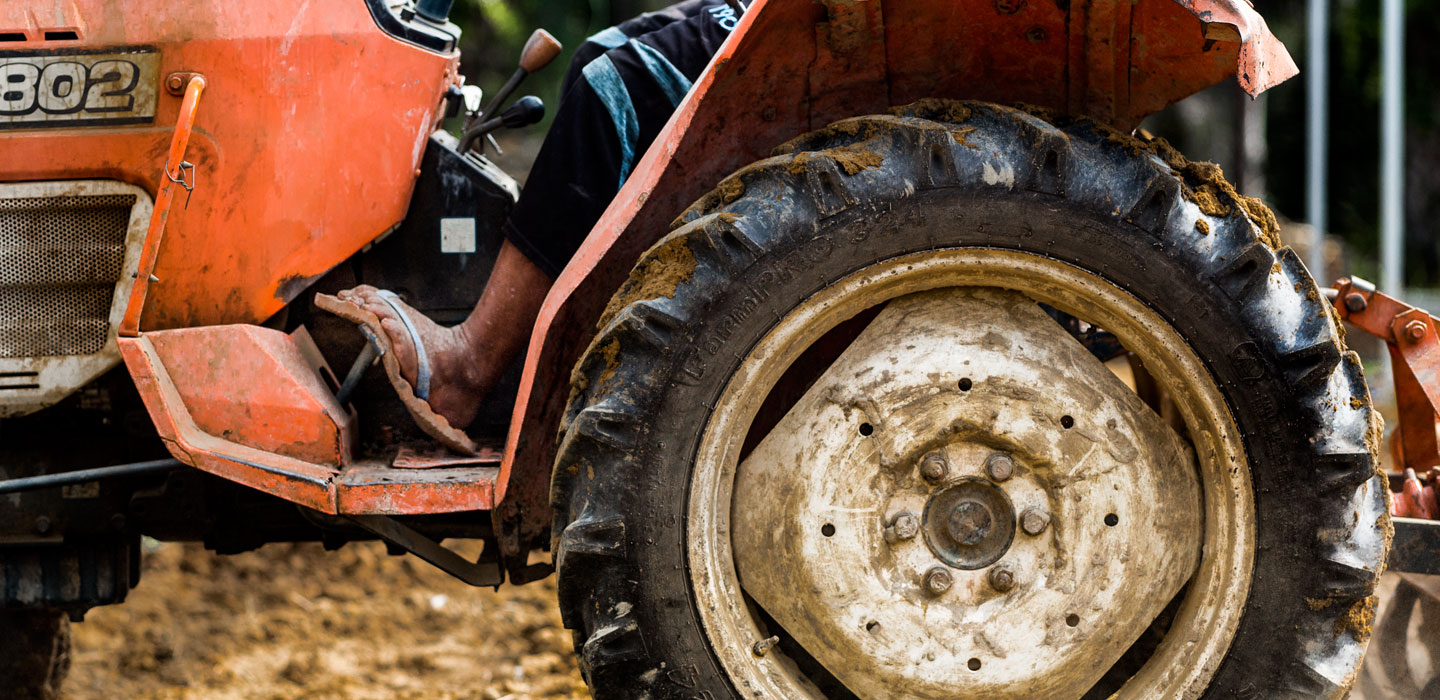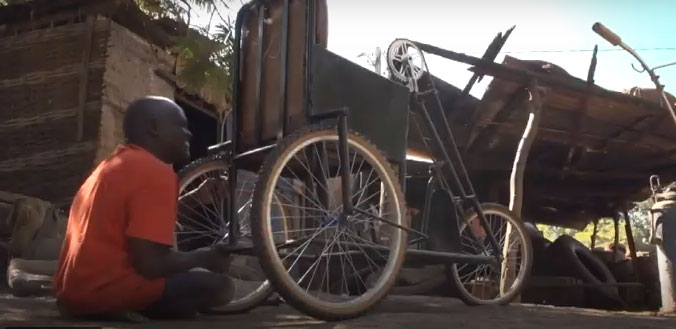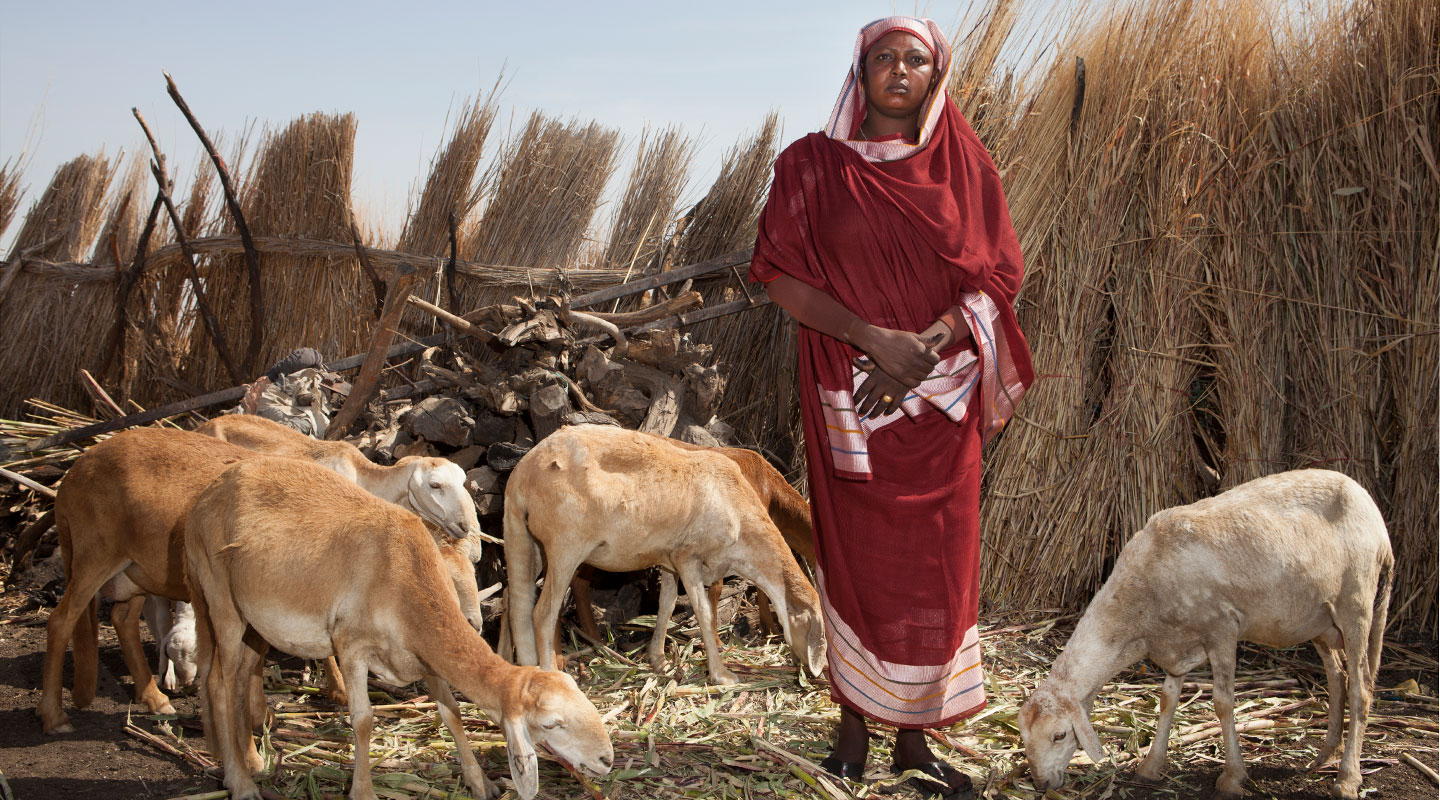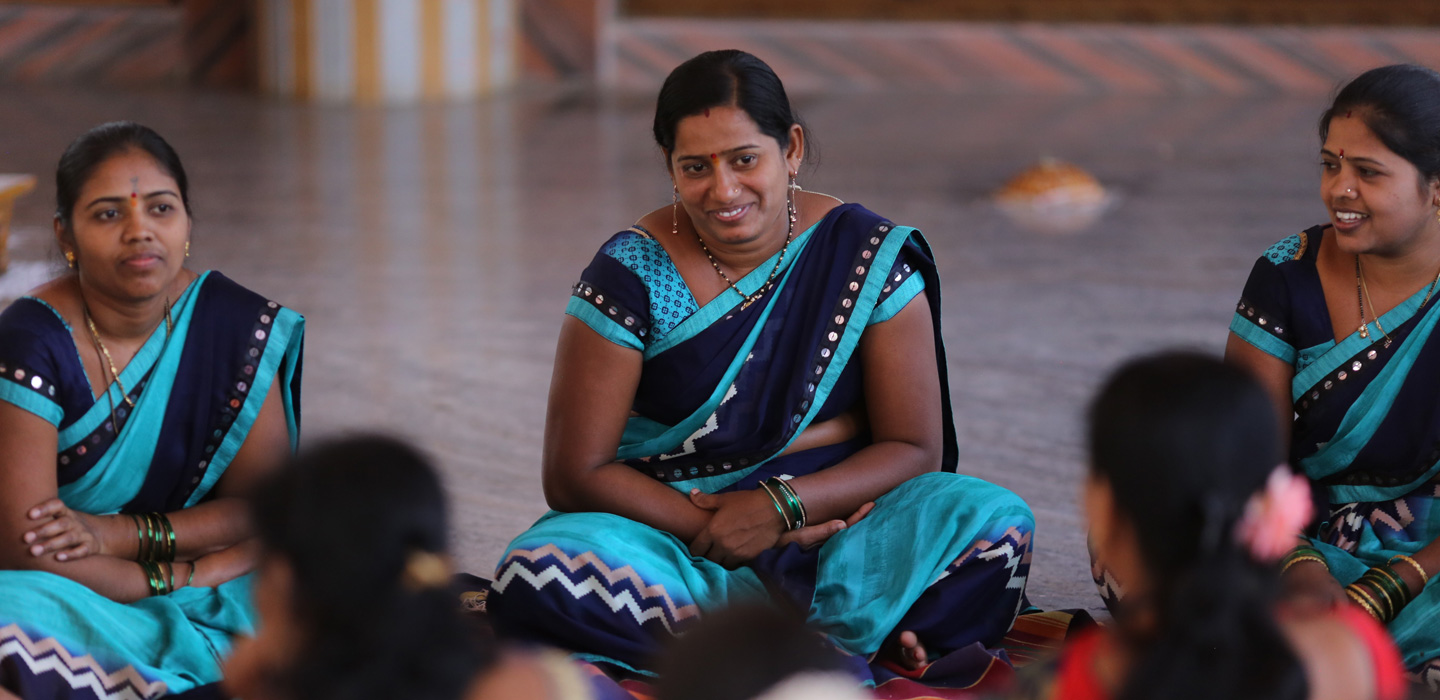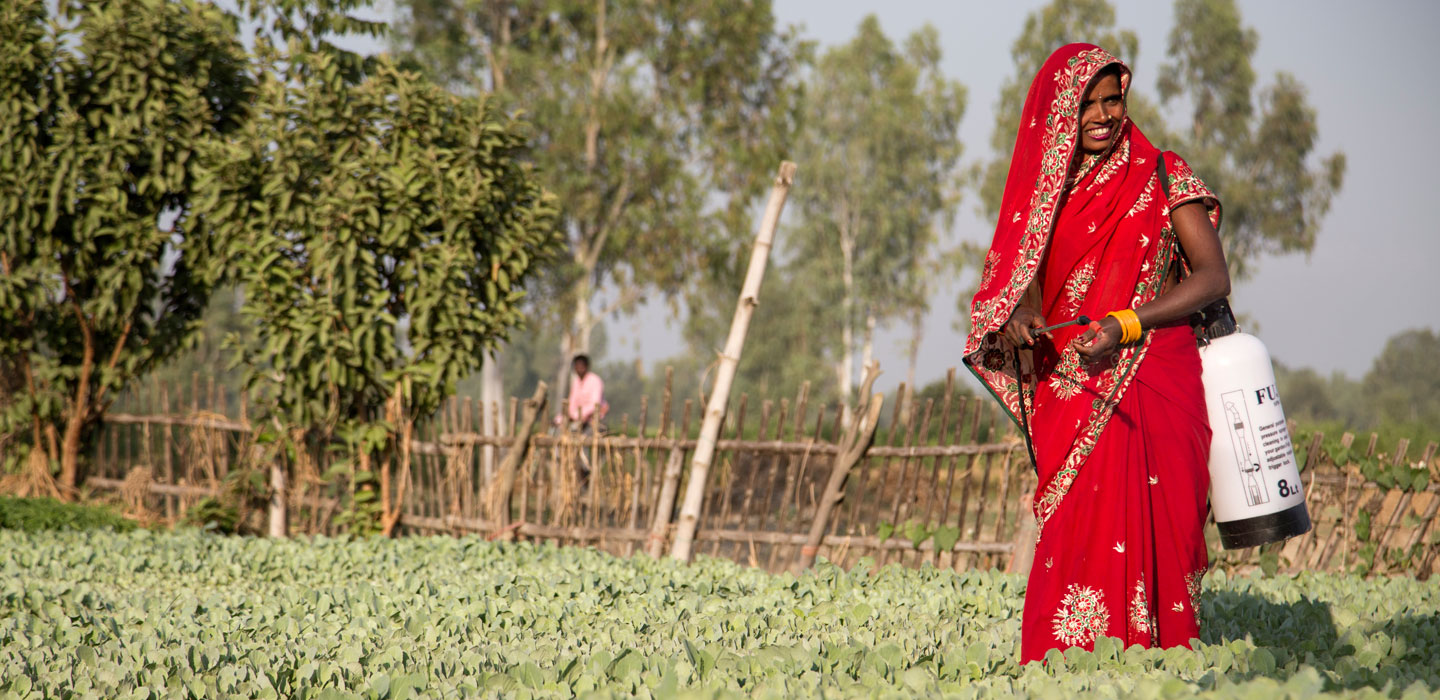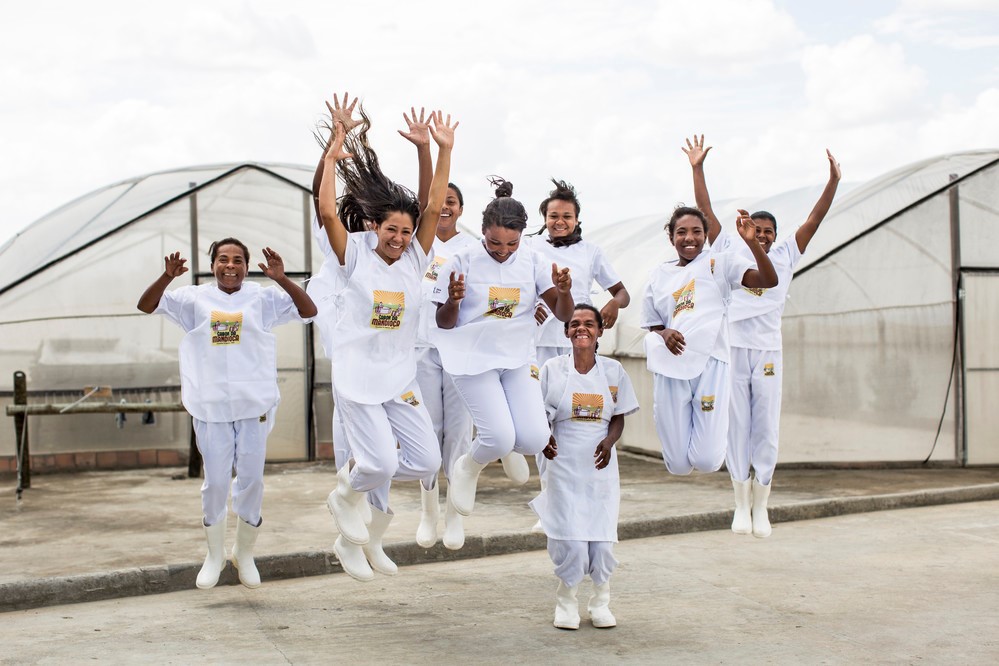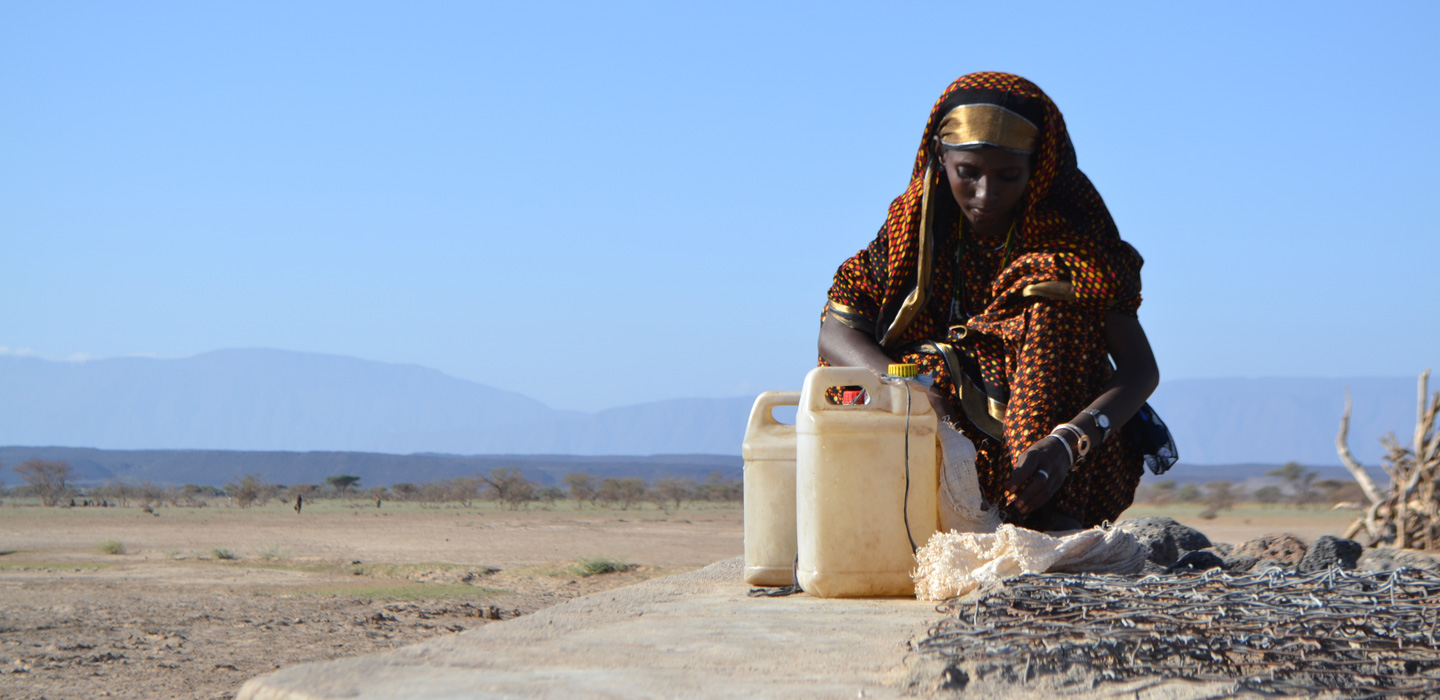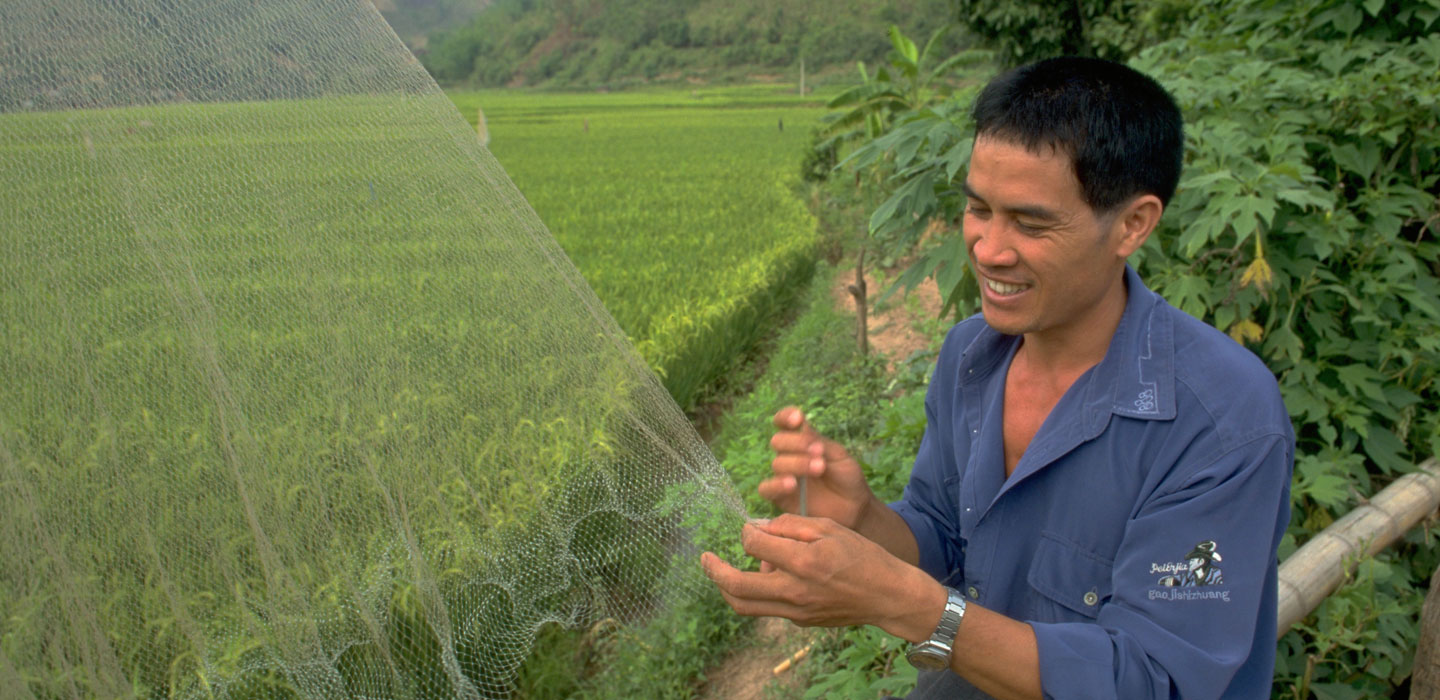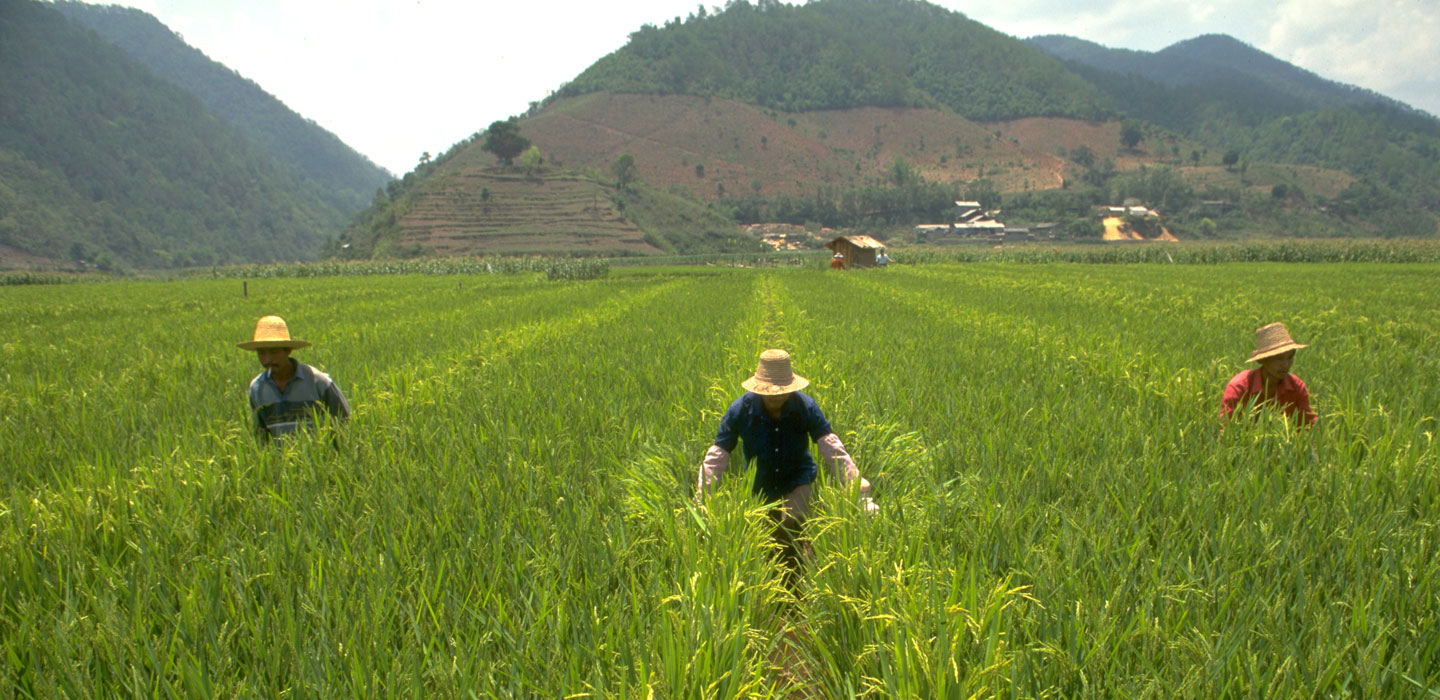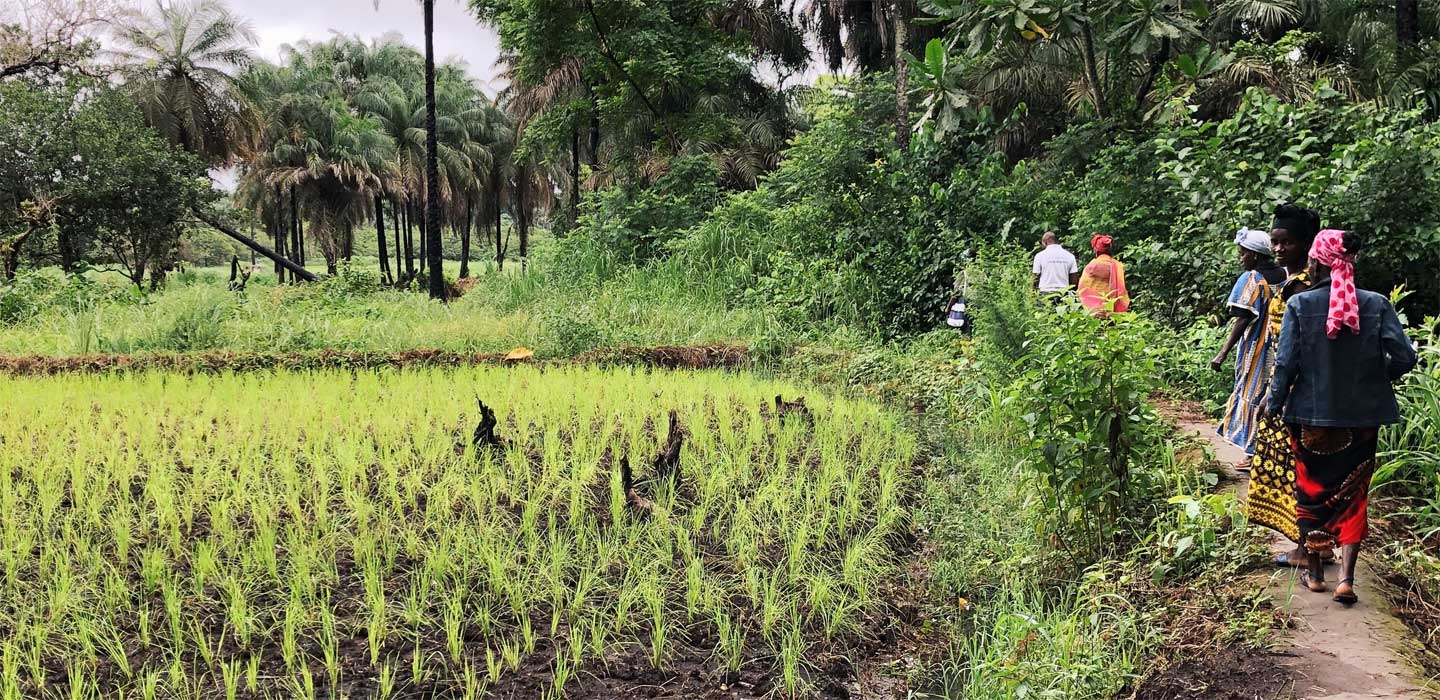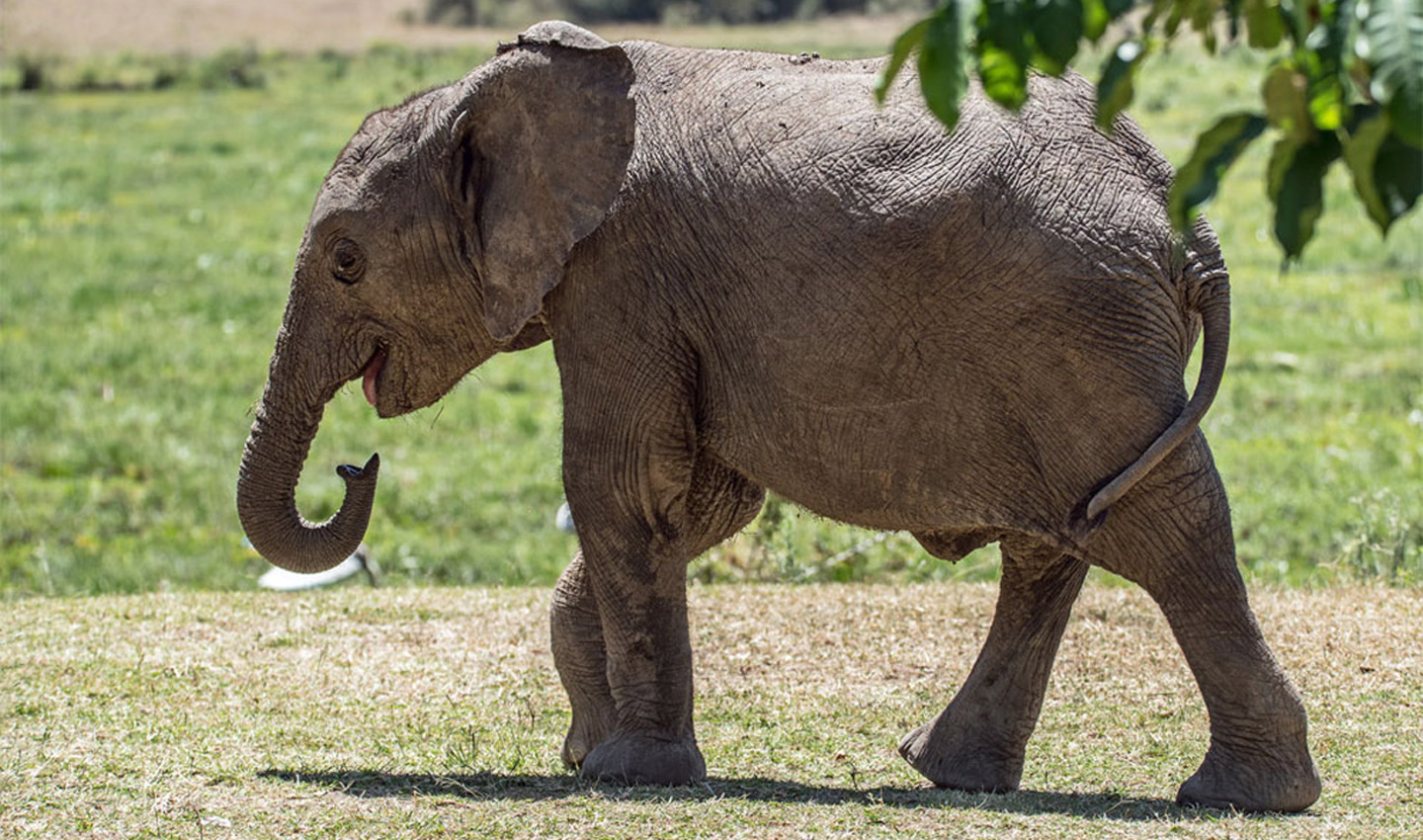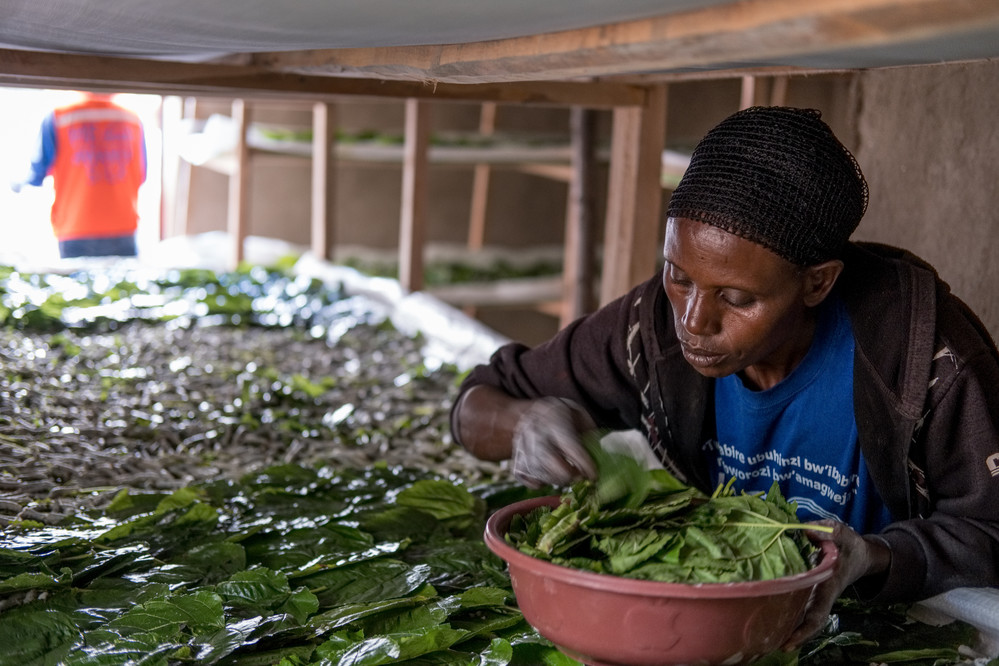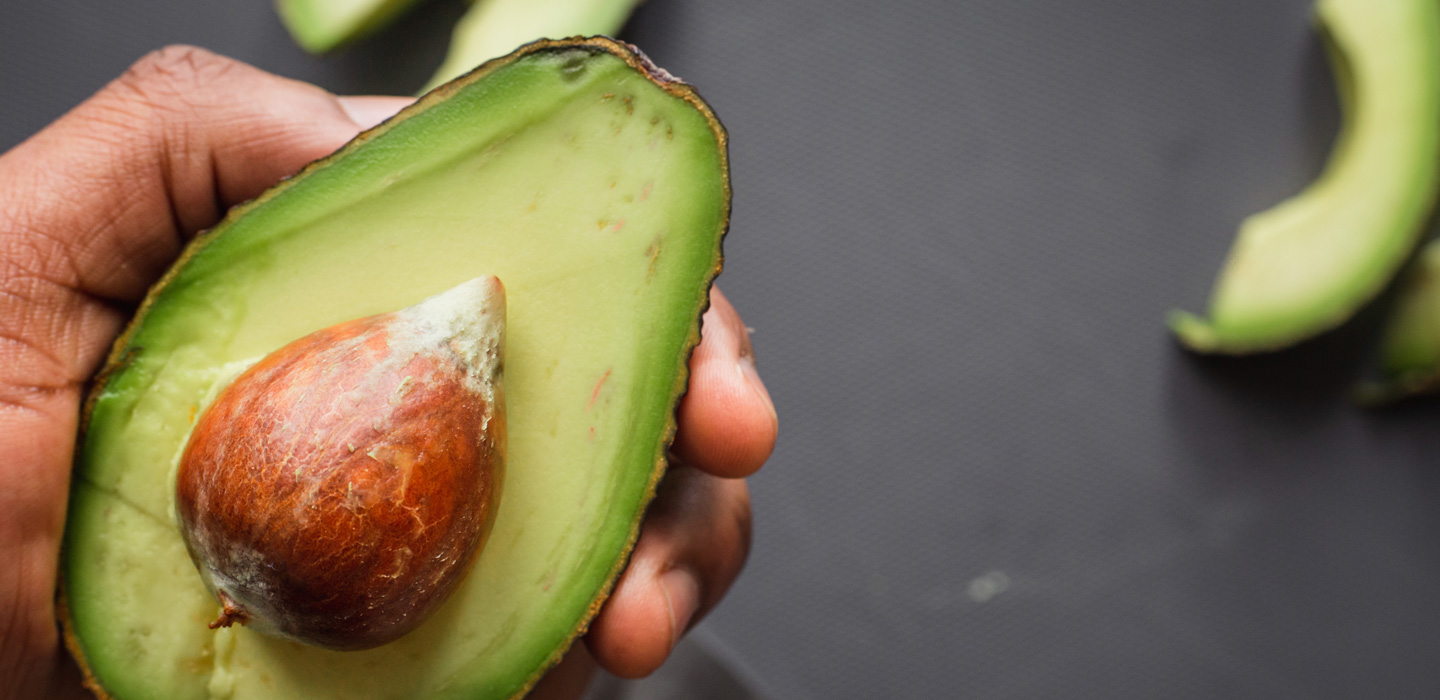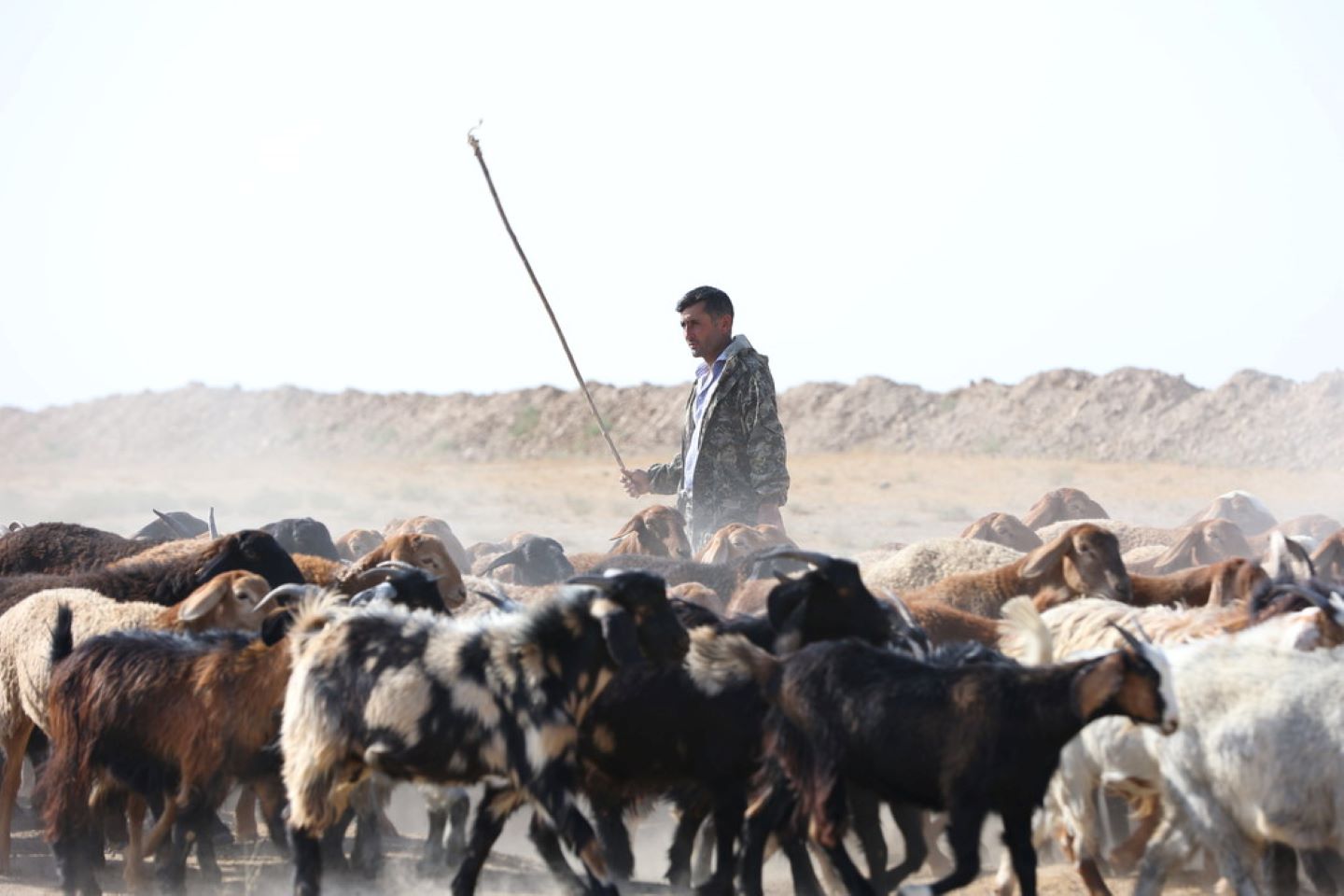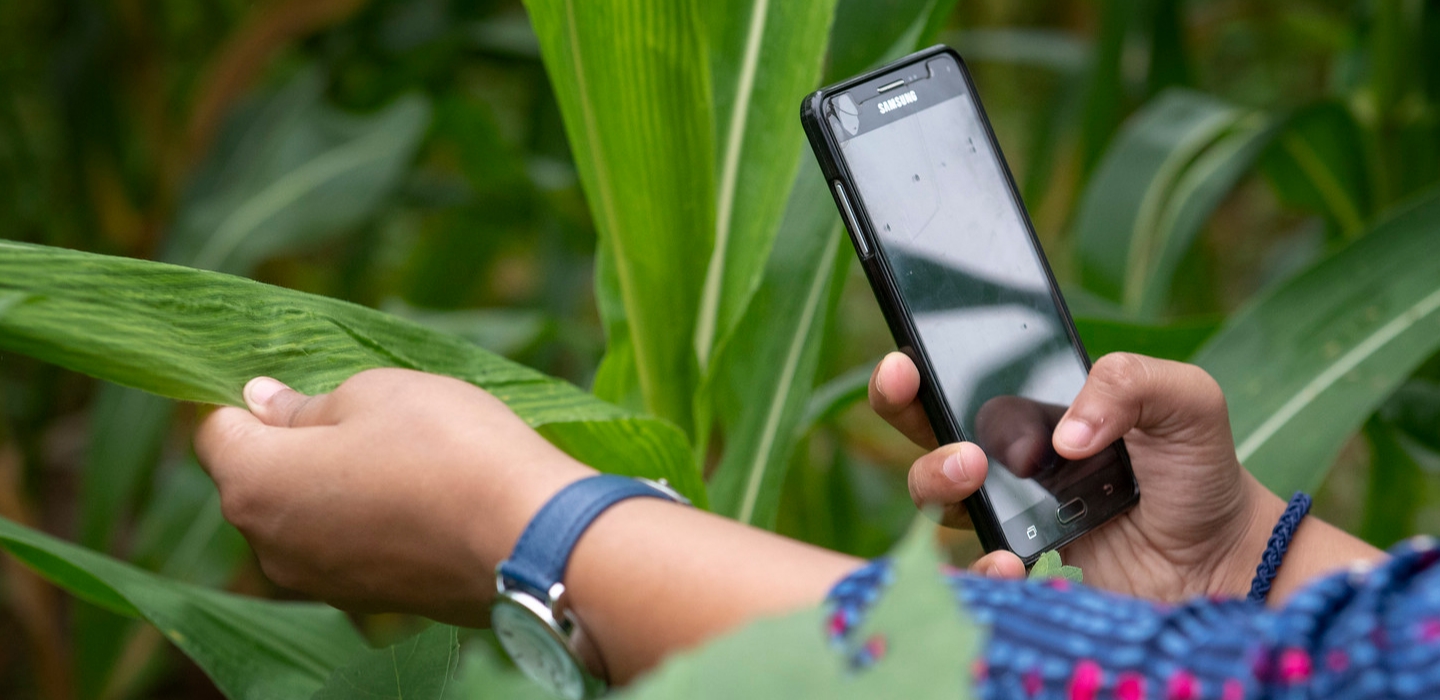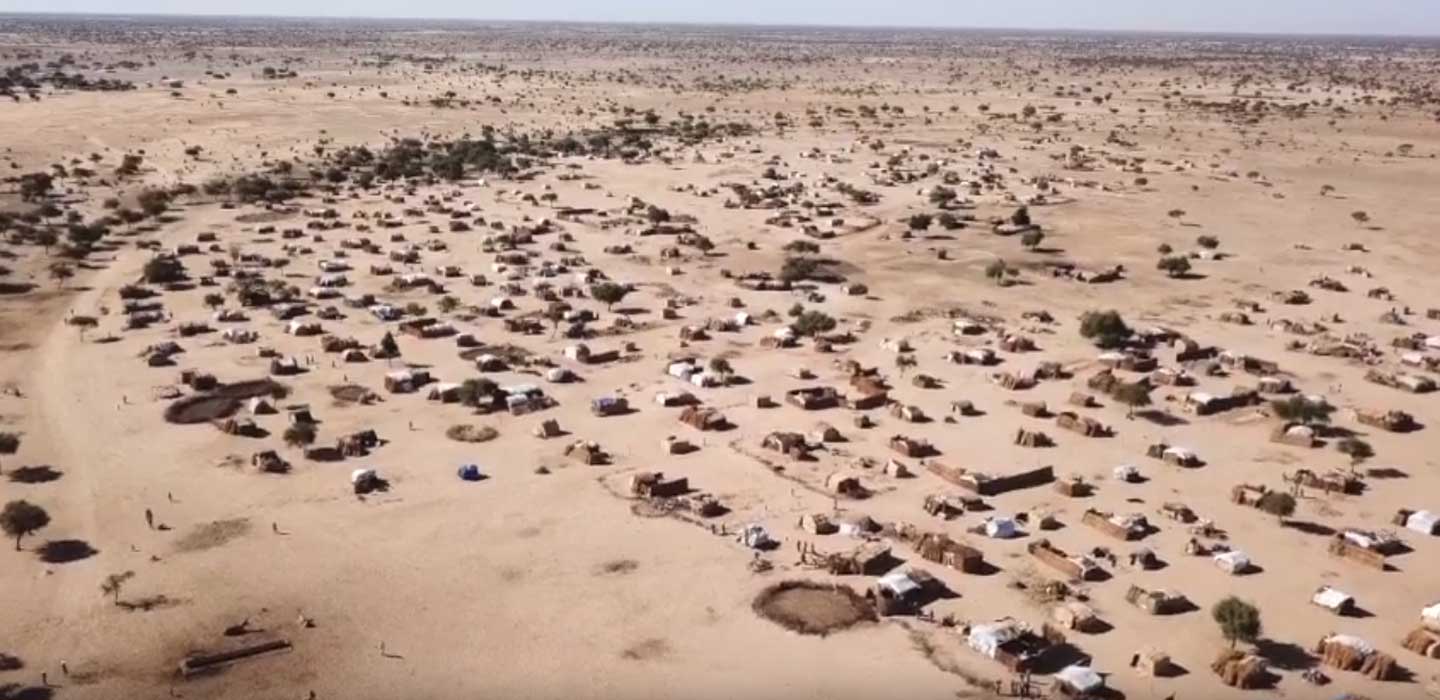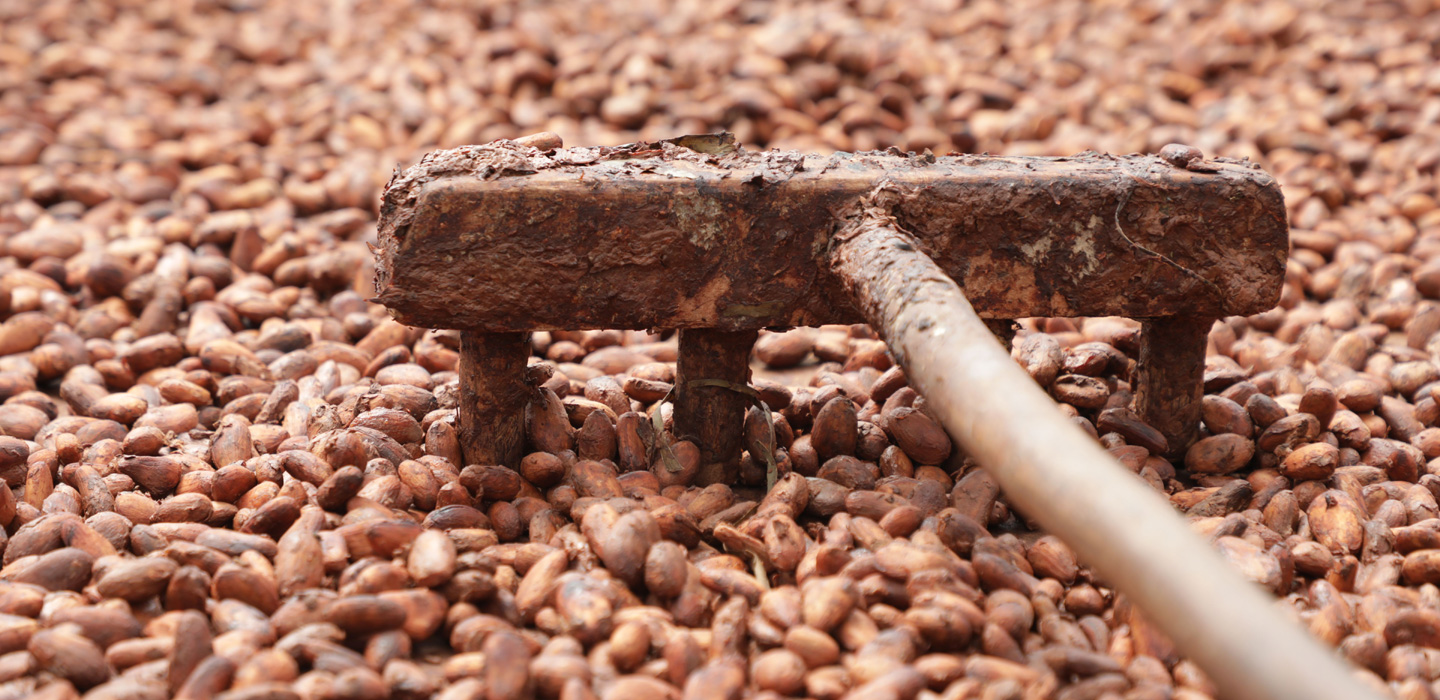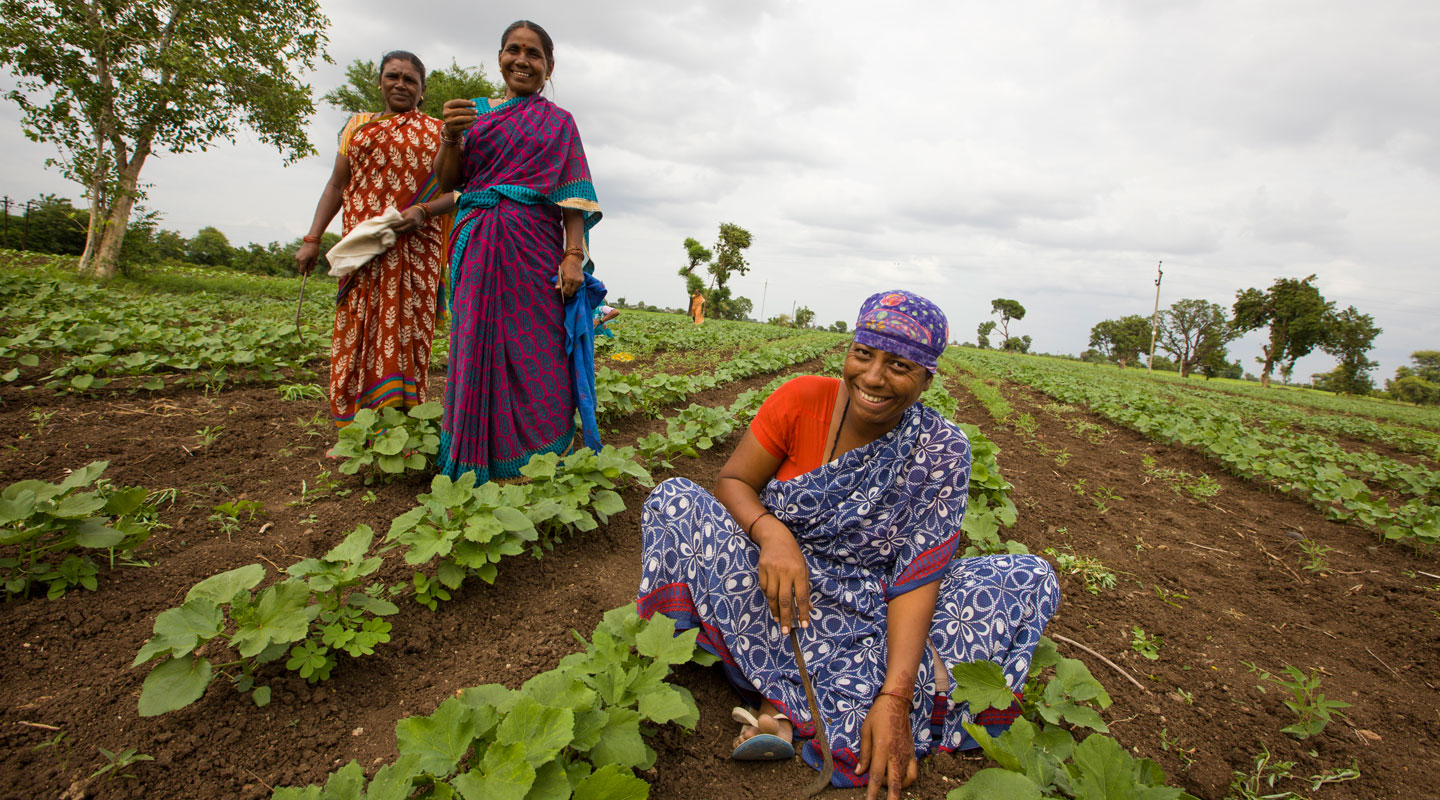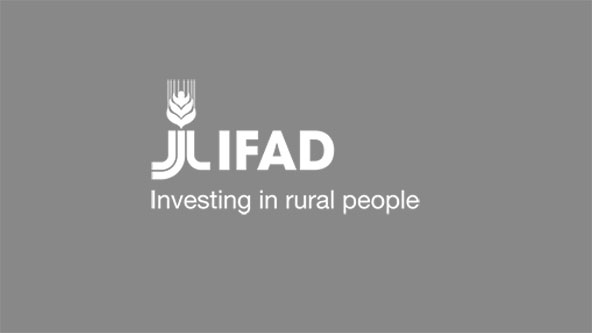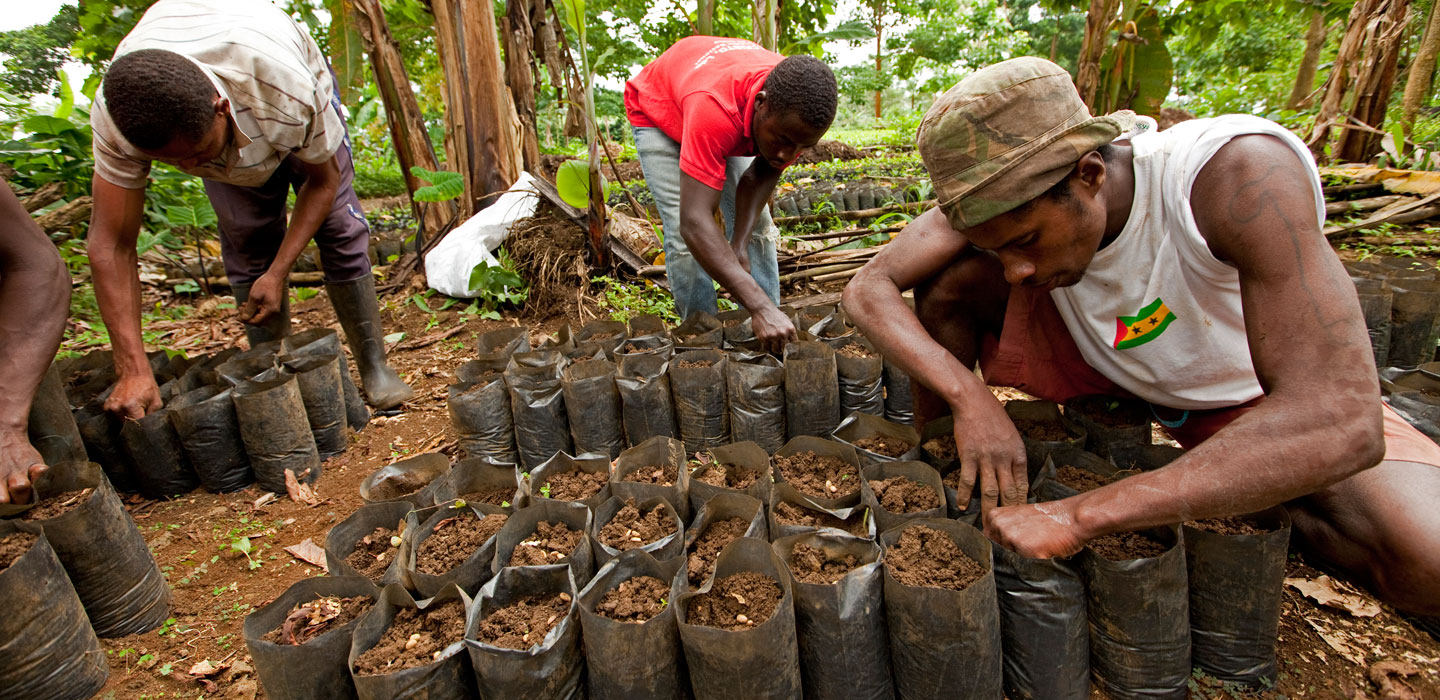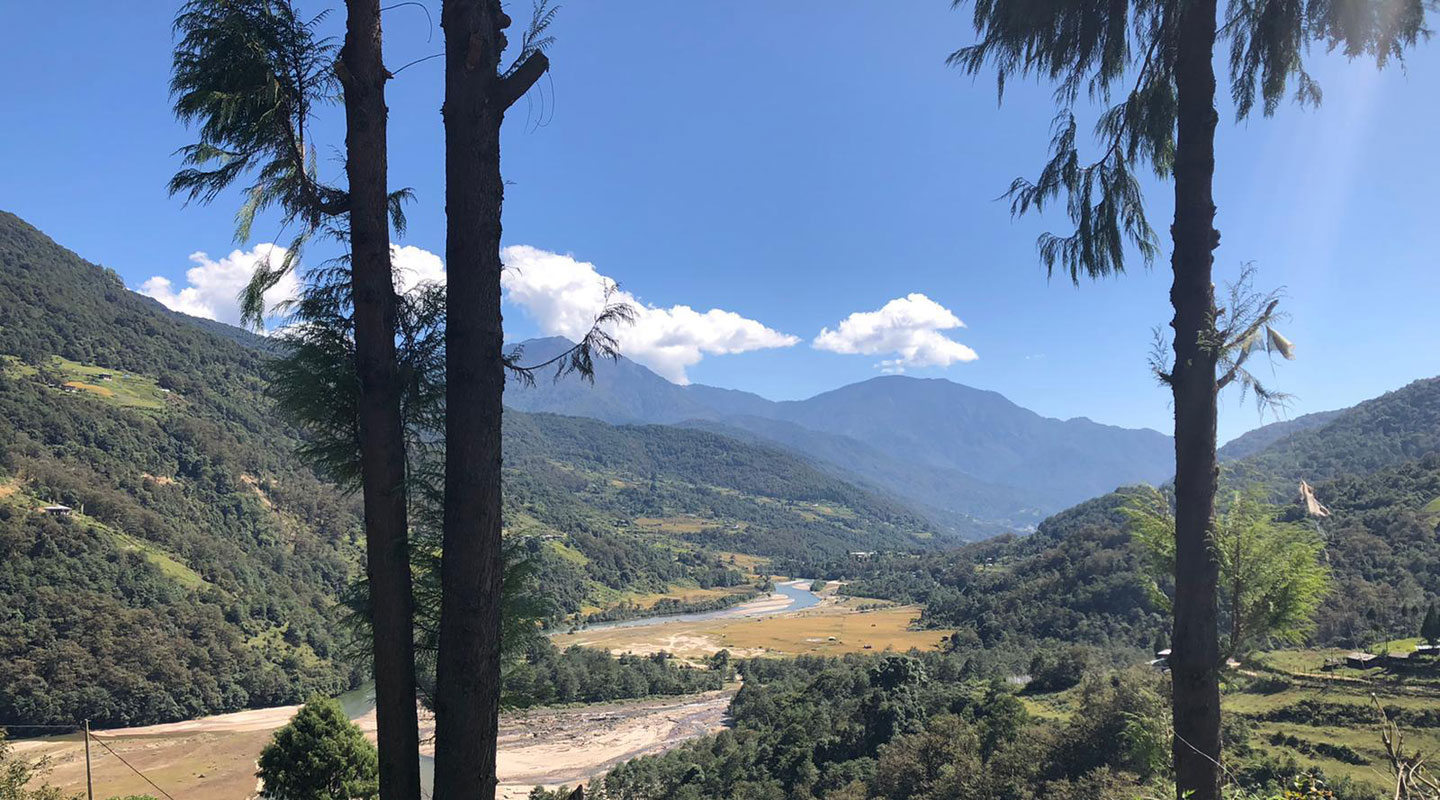Latest
Latest

Latest
Manual Submenu Topics
SearchResultsFilters
Search Results
Teach me how to fish and I will transform my life – and my community
Along the coastline of Mozambique, fishing boats dot the clear blue waters. For the people on these boats, their daily excursions are their livelihood – in more ways than one.
#IFADatwork: our mission in the time of COVID-19
This interactive map shows how our colleagues, beneficiaries, and partners have continued working, while taking steps to stay safe.
UN Goodwill Ambassadors Idris and Sabrina Elba launch appeal for IFAD’s $200 million coronavirus relief fund for rural communities
Actor, filmmaker and humanitarian Idris Elba and actress, model and activist Sabrina Dhowre Elba today launched a new global coronavirus relief fund on behalf of IFAD to prevent economic shocks caused by the COVID-19 pandemic from triggering a global hunger and food crisis.
New IFAD fund launched to help prevent rural food crisis in wake of COVID-19
With the COVID-19 pandemic and economic slowdown threatening the lives and livelihoods of the world’s most vulnerable people, IFAD today committed US$40 million, and launched an urgent appeal for additional funds, to support farmers and rural communities to continue growing and selling food.
Supporting Cambodian farmers during the COVID-19 pandemic
Cambodia has made remarkable progress and achieved lower-middle-income status - but the COVID-19 pandemic threatens to strain the entire economy.
IFAD helps shape Bangladesh’s response to the coronavirus crisis in rural areas
An IFAD team in Bangladesh provided a proposal to the Government for a certified safe transport and logistics system for movement of inputs and produce in rural areas.
COVID-19: An opportunity for the road not taken?
Amidst the suffering and economic hardship caused by the COVID-19 emergency, one silver lining has emerged: an interruption to the greenhouse gas emissions and environmental degradation stemming from human activity.
Re-imagining our economic choices
The COVID-19 pandemic will reshape all our economic choices. Nations have made a crucial choice in recent weeks, choosing human life over economic growth.
IFAD-funded water system helps Kenyan students stay safe
Last month, we brought you the story of the Mukurwe-ini Technical Training Institute, a school in Kenya’s Nyeri county whose new roof water harvesting system was improving the lives of the students, staff and nearby residents. In recent days, with Kenya now affected by COVID-19, we reached out to Patrick Muchemi, principal of the Institute.
Driving AgriTech adoption: Insights from Southeast Asia’s farmers
By leveraging the tools that internet marketing companies have already honed to reach consumers, governments can deliver quality agronomy advice at scale.
Recipes for Change: Chef Pierre Thiam shares a lockdown-friendly vegan chilli recipe
IFAD’s Recipes for Change chefs are carrying on with life under lockdown by sharing some excellent recipes that you can make with ingredients you’ve already got in your home cupboard. Senegalese Chef Pierre Thiam joins us from his home in New York State with a delicious recipe for vegan chilli.
Shaping a holistic response to COVID-19: Protecting food systems and rural producers
It is easy to lose sight of the big picture when called upon to act quickly in response to the human tragedy caused by COVID-19.
Solidarity and flexibility: IFAD-supported artisans produce masks and hairnets to fight coronavirus in Brazil
An organization of artisan women, facing a slowdown in their work due to the economic effects of the COVID-19 pandemic, has begun to make protective gear for local health care workers.
Six ways investing in rural communities makes people healthier
Malnutrition causes health problems and losses in economic productivity. Over the course of their lifetimes, malnourished individuals can earn 10 per cent less than those who are well-nourished.
Targeting at IFAD - Focusing efforts to create opportunities for rural poor people
To improve its contribution to the 2030 SDGs Agenda of eradicating poverty in all its forms and in line with the Leave No One Behind framework, IFAD has committed to improve its targeting performance.
Making sure rural communities won't be left behind in the response to COVID-19
Whenever crisis strikes, it is invariably the poor and the vulnerable who suffer most. In many cases, they are directly affected by crisis; in other cases, their lives are made harder by the economic consequences. Often it is both. We have seen this time and time again.
Dealing with the COVID-19 Crisis - Episode 6
We’re coming to you ahead of schedule with an extra edition: an interview with IFAD’s President Gilbert Houngbo on how the novel coronavirus has impacted IFAD’s work.
Don’t allow the coronavirus to open up another front
What started as a health crisis could turn into a food crisis unless we take measures now. Preventing a food crisis is key to maintaining the strength to fight back.
Recipes For Change: Chef Bowerman’s take on cooking from home under lockdown
As the world adjusts to life with COVID-19, we’re asking our Recipes for Change chefs to share some world-class recipes that you can make with ingredients you’ve already got in your home cupboard. Michelin-starred Chef Cristina Bowerman shares two simple and nutritious recipes involving chickpeas.
Changing lives in times of uncertainty: how innovative agriculture builds resilience
As countries prepare for the pandemic the mandate of a rural development organization may seem to some not particularly relevant to the current crisis.
Serving the rural poor in the time of physical distancing: Staying safe, well – and connected
It has been three weeks since COVID-19 has drastically altered the daily lives of IFAD staff headquartered in Rome and stationed around the world.
Indigenous Peoples in the Farming Front Seat - Episode 5
In IFAD's Podcast Episode 5, we’re focusing on indigenous peoples and the challenges they face when it comes to agriculture.
What we can do to support farmers on the front lines of climate change
Each of the world’s agricultural production systems had millennia to adapt to local climatic conditions, especially in terms of temperature and rainfall.
A future for students with water, vegetables and roses
In Kenya’s Nyeri county, sustainable water system technologies have substantially improved the lives of students, staff and surrounding communities and have opened up a brighter future for many.
Mali and IFAD develop a new strategic programme to meet the challenge of achieving the Sustainable Development Goals in the face of climate change
The Government of Mali and IFAD held a workshop in Bamako on 5 March 2020 to prepare a new results-based country strategic opportunities programme (RB-COSOP) for the period 2020-2024.
Recipes for Change: Dhindo – corn flour purée with nettle leaf curry and pickled tomatoes – Nepal
Climate change is contributing to increasing temperatures and droughts in Nepal, where corn and tomatoes are a staple food.
Scaling-out gender transformation for climate change
Development approaches must address structural barriers and power imbalances for women and other marginalized groups to adapt to climate change.
Djibouti’s “mother counsellors” are agents of change
They guide women through all the steps of caring for a child – from conception and pregnancy to birth and the critical first years of a child’s life. Although this description might call to mind doctors, nurses or specialised health workers, it also includes another category of care provider that must not be overlooked – mother counsellors.
Rethinking government support to farmers
It is becoming increasingly clear that the ways in which we produce, market and consume food need to be reconciled with environmental, economic and social sustainability.
Senegal: Focusing on Ability
Djenalib Ba and Daba Diom are Persons with a Disability. Training received from IFAD-supported projects in rural areas of Senegal made them able to feed their families and send their children to school.
Securing sustainable food systems hinges on gender equality
The three United Nations' Rome-based agencies dedicated to food and agriculture called today for bolder action to achieve gender equality and empower women and girls in the agricultural sector and beyond.
India - economic and social empowerment for one million women
Ahead of International Women’s Day on 8 March, IFAD has highlighted the role community organizations have played in empowering one million women to fully participate in economic, political and social life in the western Indian state of Maharashtra.
The faces of empowerment
Rural women are key agents in the effort to achieve the economic, environmental and social transformations required for sustainable development. Ensuring their empowerment is crucial not only to their own well-being, but that of their families and communities.
El FIDA invita a los jóvenes de América Latina y el Caribe a postular al Premio a la Innovación Juvenil Rural
El FIDA ha lanzado el Premio a la Innovación Juvenil Rural el cual busca impulsar y fortalecer las capacidades de los jóvenes rurales de América Latina y el Caribe y promover las oportunidades generadas por jóvenes que ya están cambiando el mundo rural en la región.
Handle with care: Vulnerability, the human face of state fragility
Vulnerability and fragility might not be perfect synonyms, but they share a very similar meaning. Both words refer to something breakable, delicate and frail – something that needs to be handled with care.
Fighting against COVID-19: the importance of building long-term resilience in rural communities
Two months have passed since the beginning of the new coronavirus outbreak in Hubei, China. It seems an appropriate time to reflect on the impact of COVID-19 on rural communities in China, and on the importance of investing in rural people in order to build long-term resilience to shocks.
President Xi Jinping of China thanks IFAD, FAO and WFP for their support during COVID-19 outbreak
President Xi Jinping of the People’s Republic of China has expressed his thanks to IFAD, FAO and WFP in response to their pledge of support to his country as they face the COVID-19 outbreak.
Guinea-Bissau and IFAD partner to build farmers’ resilience to climate change
The International Fund for Agricultural Development (IFAD) today announced support for a new project in Guinea-Bissau to reduce poverty, increase productivity and incomes, improve food and nutrition security and build the resilience of at least 287,000 small-scale farmers in the face of climate change.
Building for biodiversity: How one fence saved Kenyan farmers, crops – and wildlife
We often think of elephants as gentle giants. Beloved by nature enthusiasts the world over, they are an iconic presence in the forests and grasslands of Africa and Asia. They are also a keystone species, indispensable for maintaining the biodiversity of the ecosystems in which they live.
Rwandan silkworm farmers weave links to global markets
Forty-seven-year-old Rwandan farmer Pierre Kanyarwanda is enthusiastic. For the last five months, he has brought additional money home by applying his newly acquired skills in sericulture (silkworm rearing).
Could avocados save Nairobi's water?
Esther Wandia is an avocado convert. Two years ago, the single mother of four decided to set up a tree nursery on her farm in Makomboki, in a hilly area north of Nairobi known for its tea production.
To move the needle on ending extreme poverty, focus on rural areas
The considerable gains made worldwide in poverty reduction over the last 10 years have been widely recognized. And indeed, in a year when China aspires to complete its 40-year project of lifting some 770 million people across the poverty line, it is clear that a greater proportion of the human population is wealthier today than at any other moment in history.
CGIAR announces agritech blog post contest winners
Agritech – the use of cutting-edge technological innovations in agriculture – is generating a lot of buzz these days. Entrepreneurs and start-ups all over the world are brimming with brilliant ideas for bringing big data, connectivity, and digital platforms into the field, and the results so far have been incredibly promising.
Women Powering the Farming Future - Episode 4
In IFAD's Podcast Episode 4, we gear up for International Women’s Day and look at how women are powering the farming future.
Niger: No safety without water
Increasing violence in the Sahel region is causing a rise in the number of internally displaced persons. Fleeing Boko Haram through the desert, there is an urgent need for shelter and basic resources, like water.
Cacao: How just one crop has boosted an entire country’s exports
Once considered the world’s largest cacao exporter, Sao Tome and Principe had significantly scaled back its operations after gaining independence in 1975. But with IFAD's assistance, cacao – the key ingredient in chocolate, and a major cash crop – is making a comeback.
The importance of agrarian development in India
Although our world continues to urbanise at an alarming rate, there’s no getting away from the fact that agrarian activities will always be necessary.
Call for Proposals: Mainstream Fintech and Agritech Technologies into IFAD’s portfolio of country programmes (Latin America and the Caribbean region)
This call for proposals is for a grant under the Global/Regional Grants Programme aimed at: Mainstream Fintech and Agritech Technologies into IFAD portfolio of country programmes.
Sao Tome and Principe and IFAD partner to improve nutrition and incomes in face of climate change
IFAD today announced support for a new project to increase incomes, improve food and nutrition security and build the resilience of at least 34,800 rural farmers of Sao Tome and Principe, an island country highly affected by climate change.
Beating back climate impacts in Bhutan
Agriculture is the foundation of Bhutan’s economy, employing more than 70 per cent of the population. Bhutan has made huge progress overall in recent years in improving its people’s standards of living, though poverty rates remain high in the eastern part of the country.
